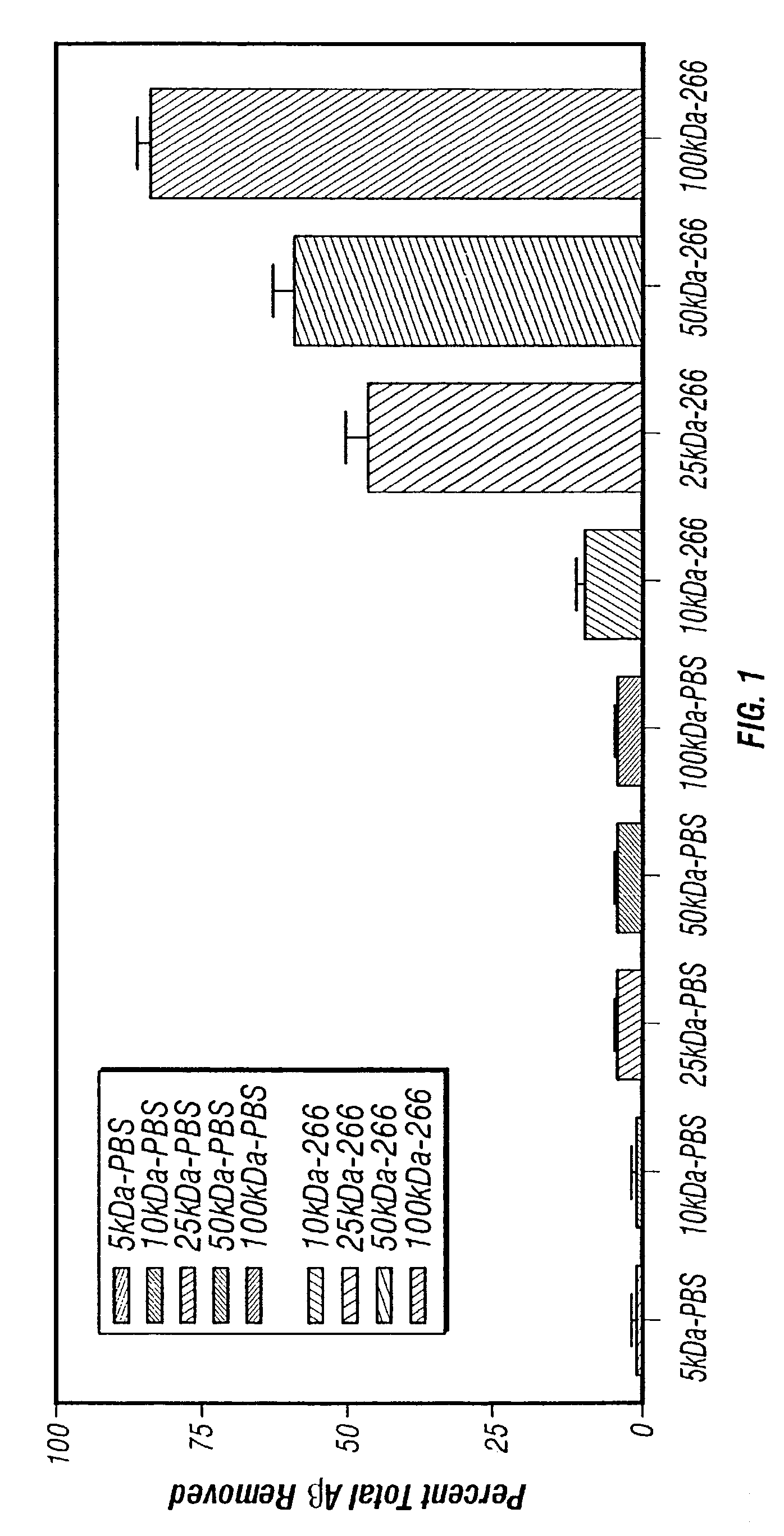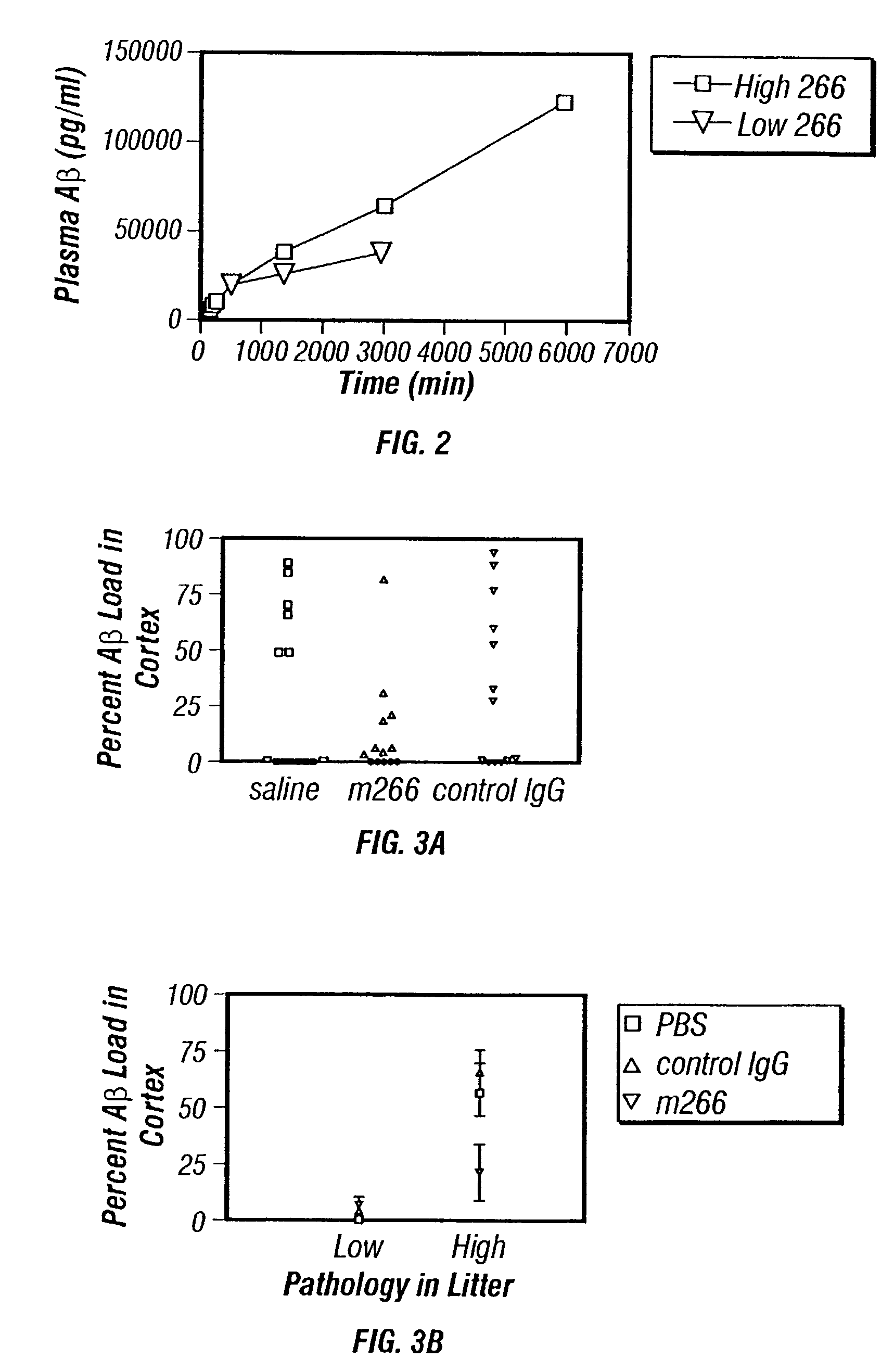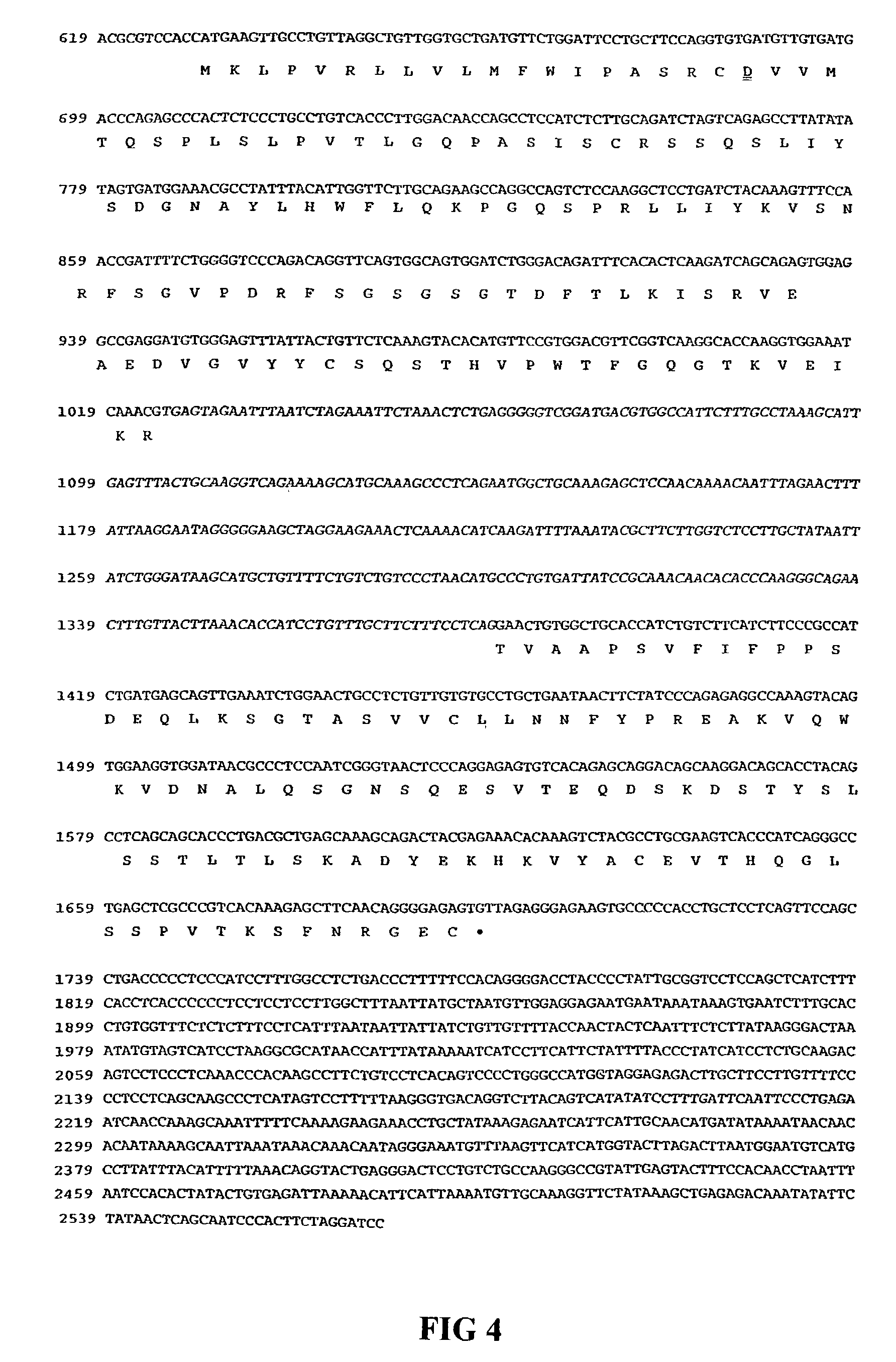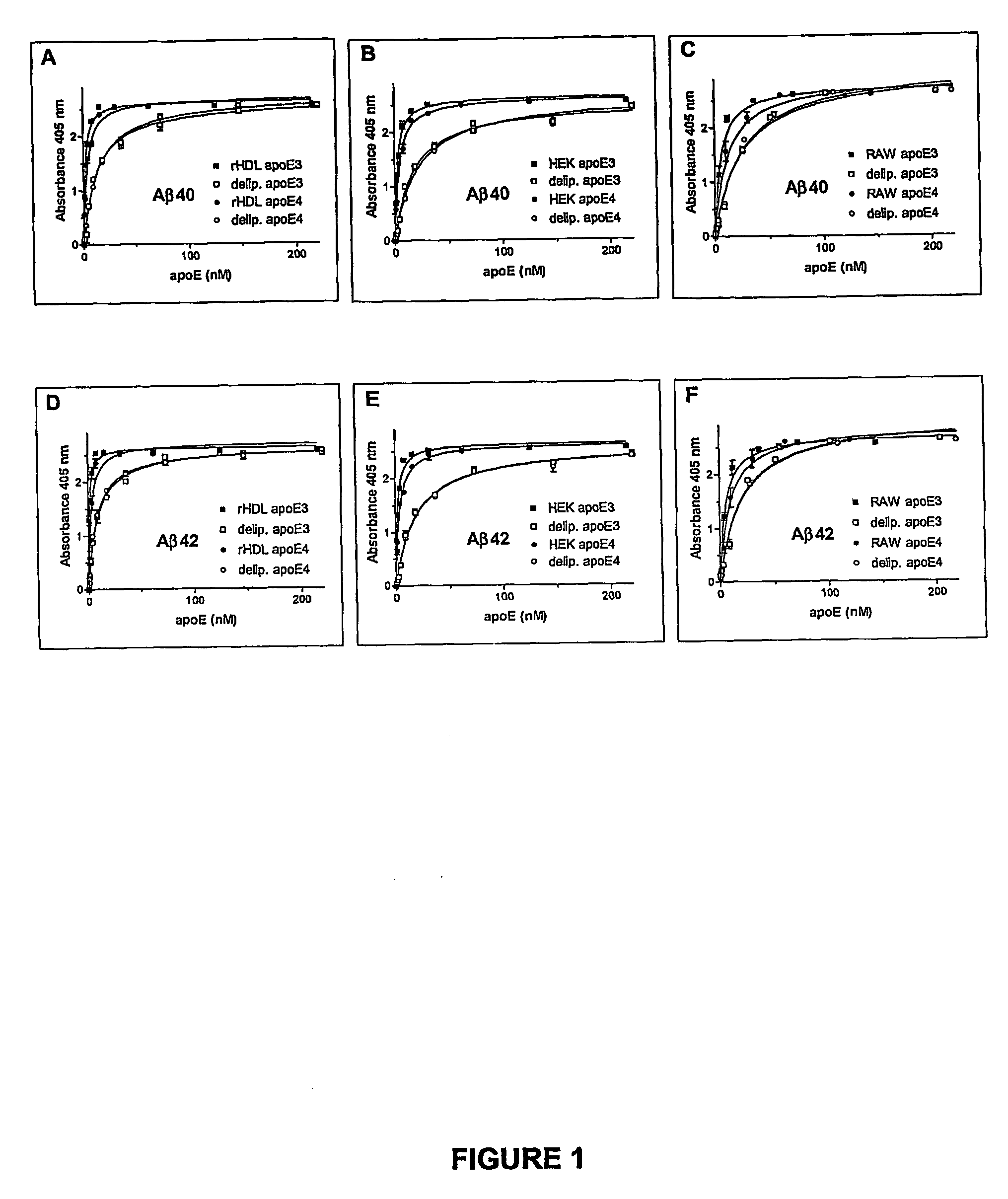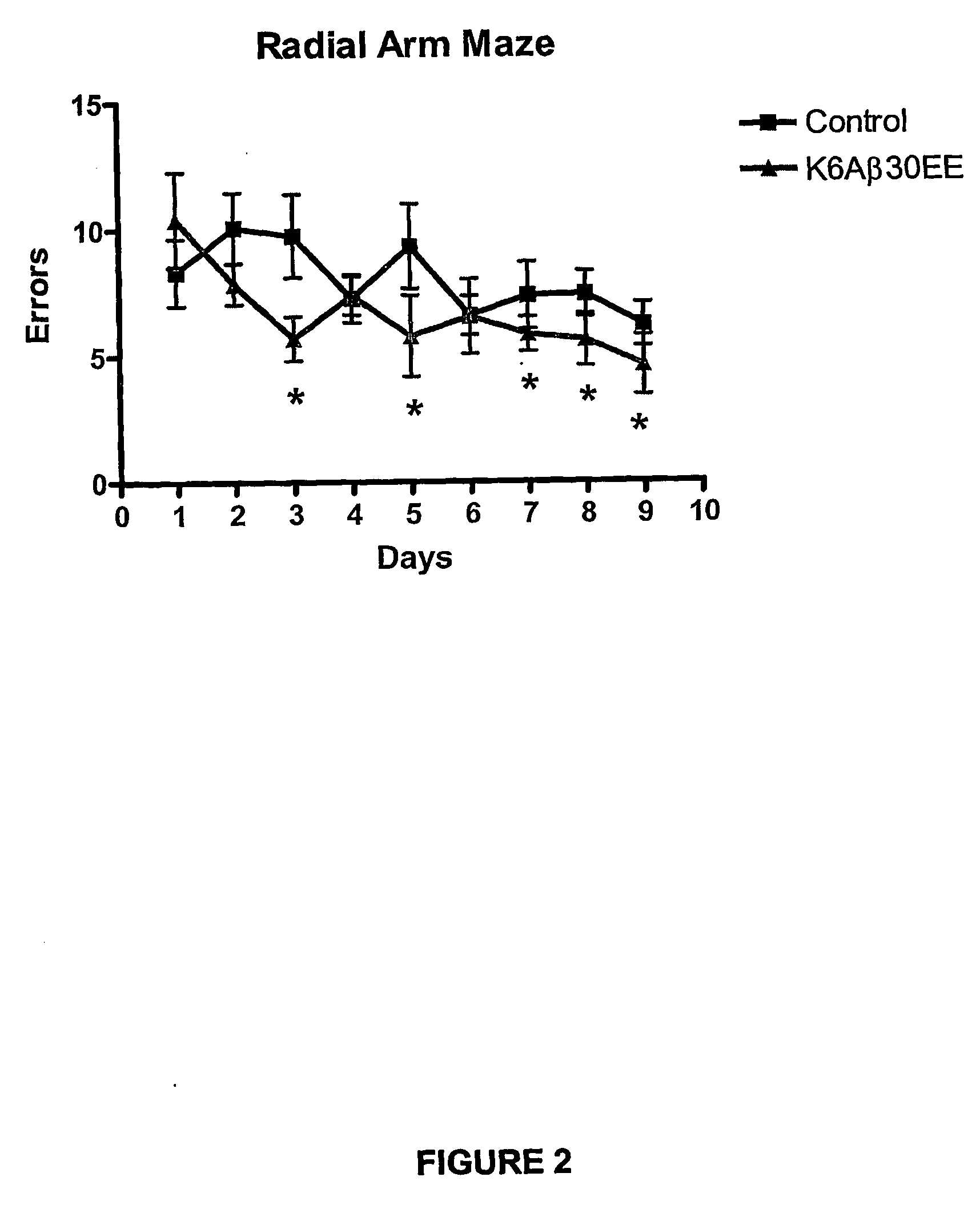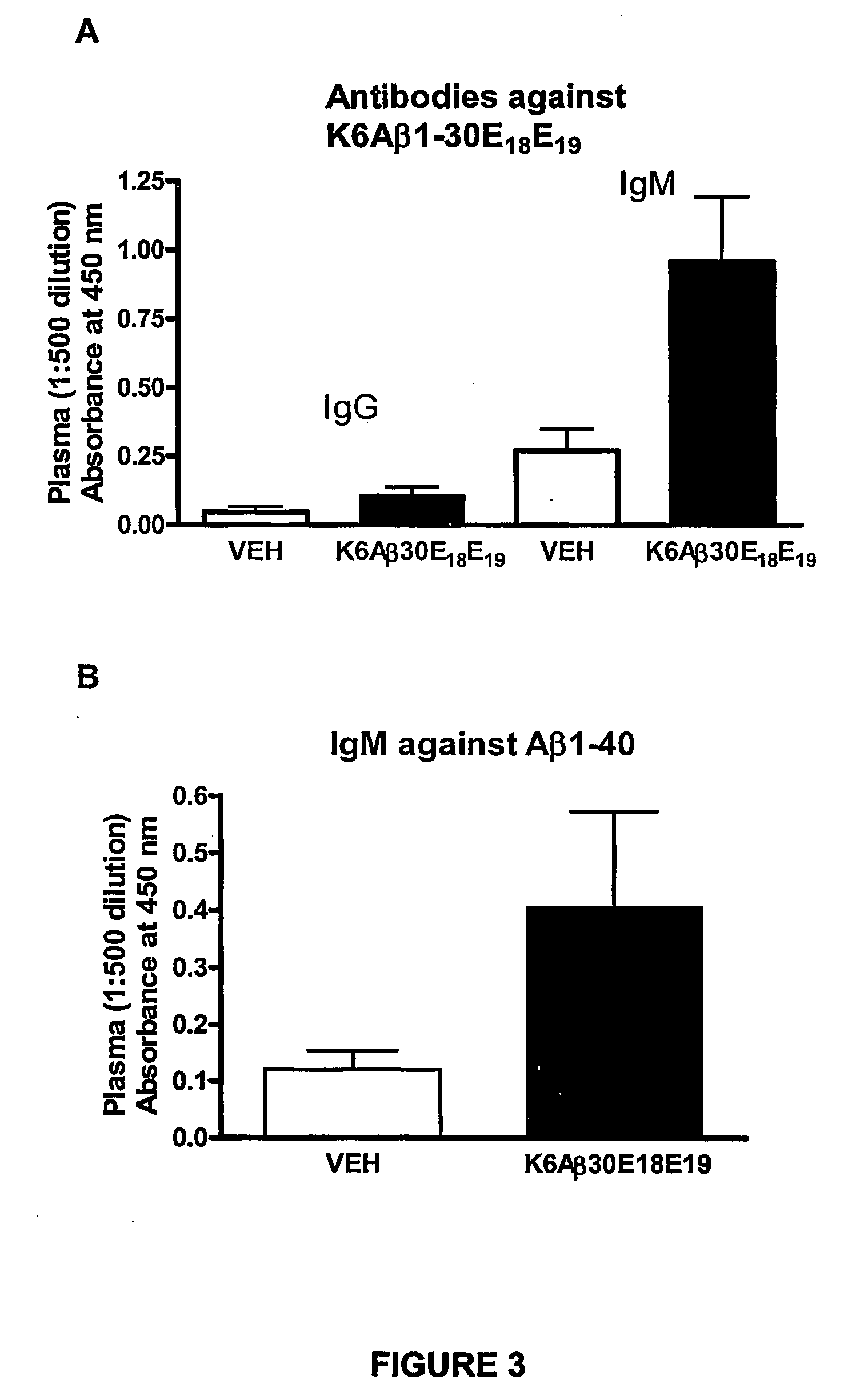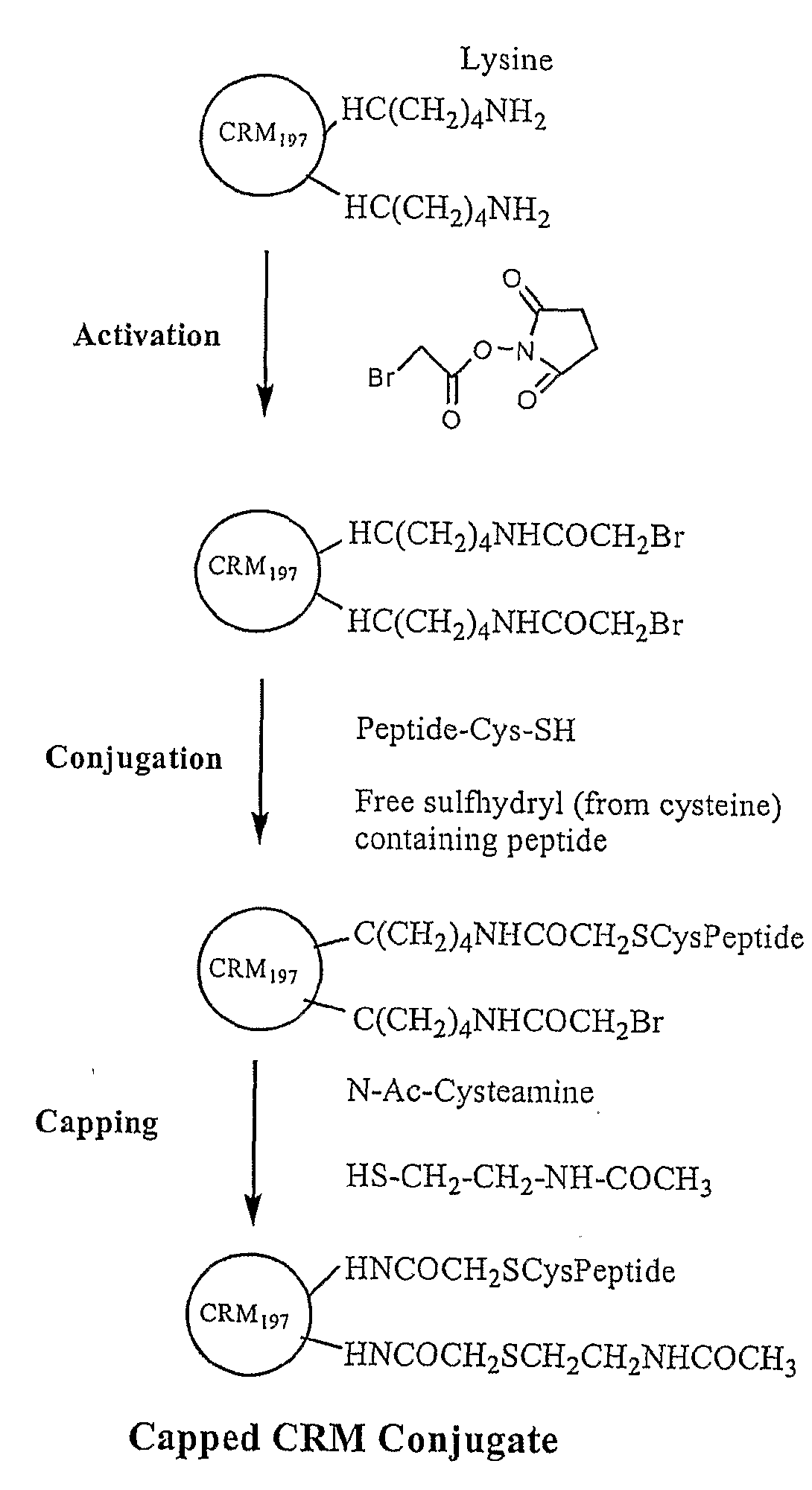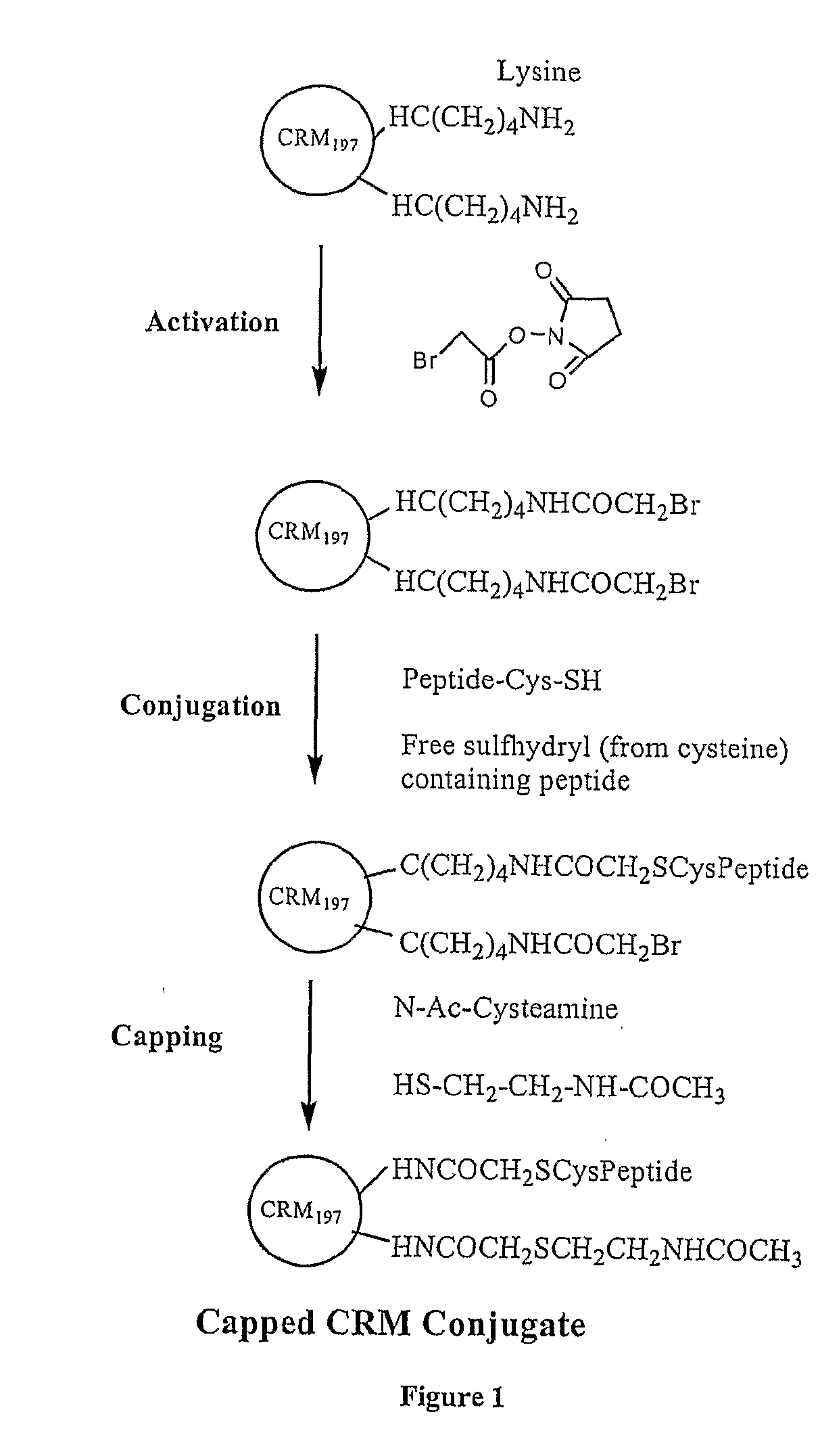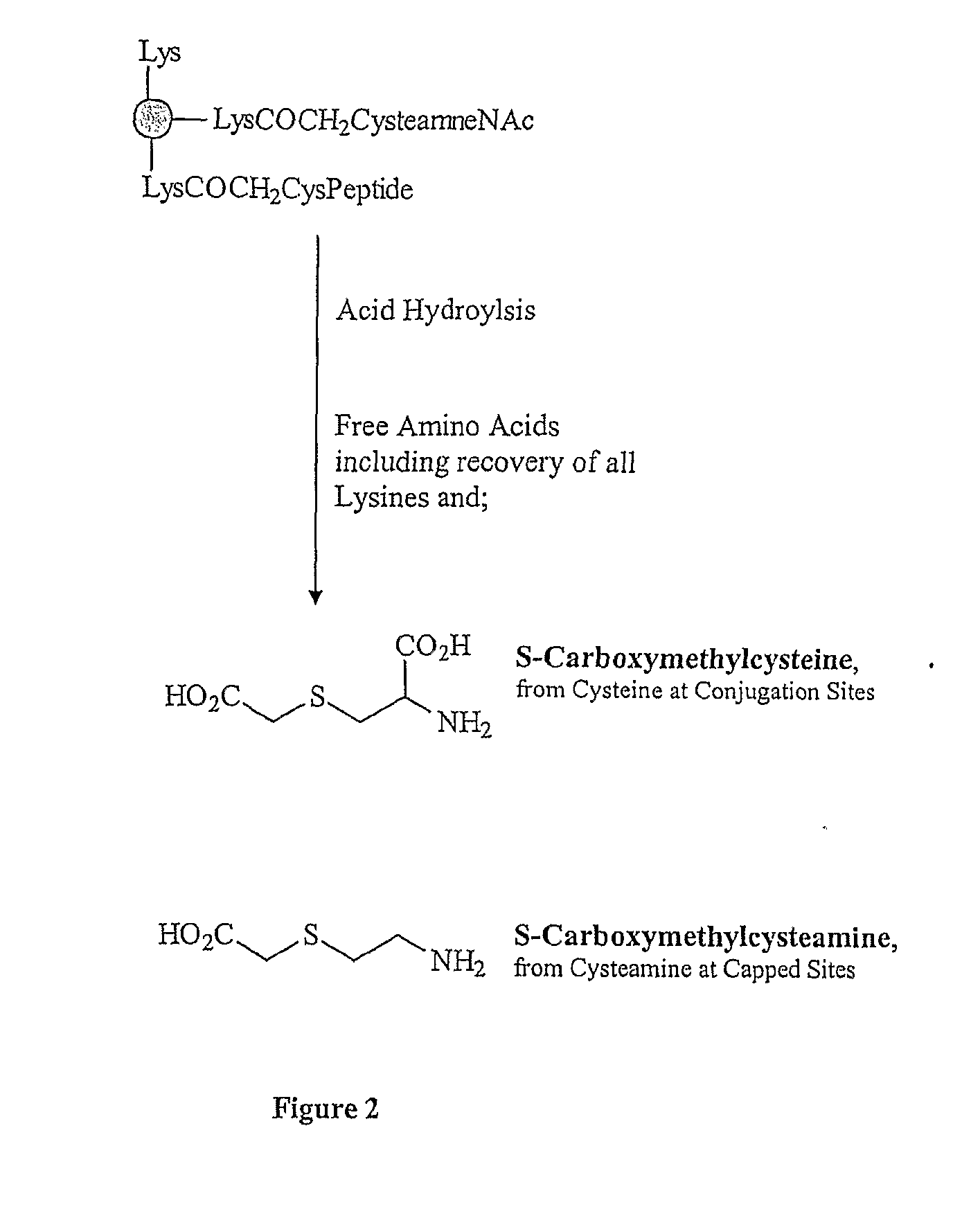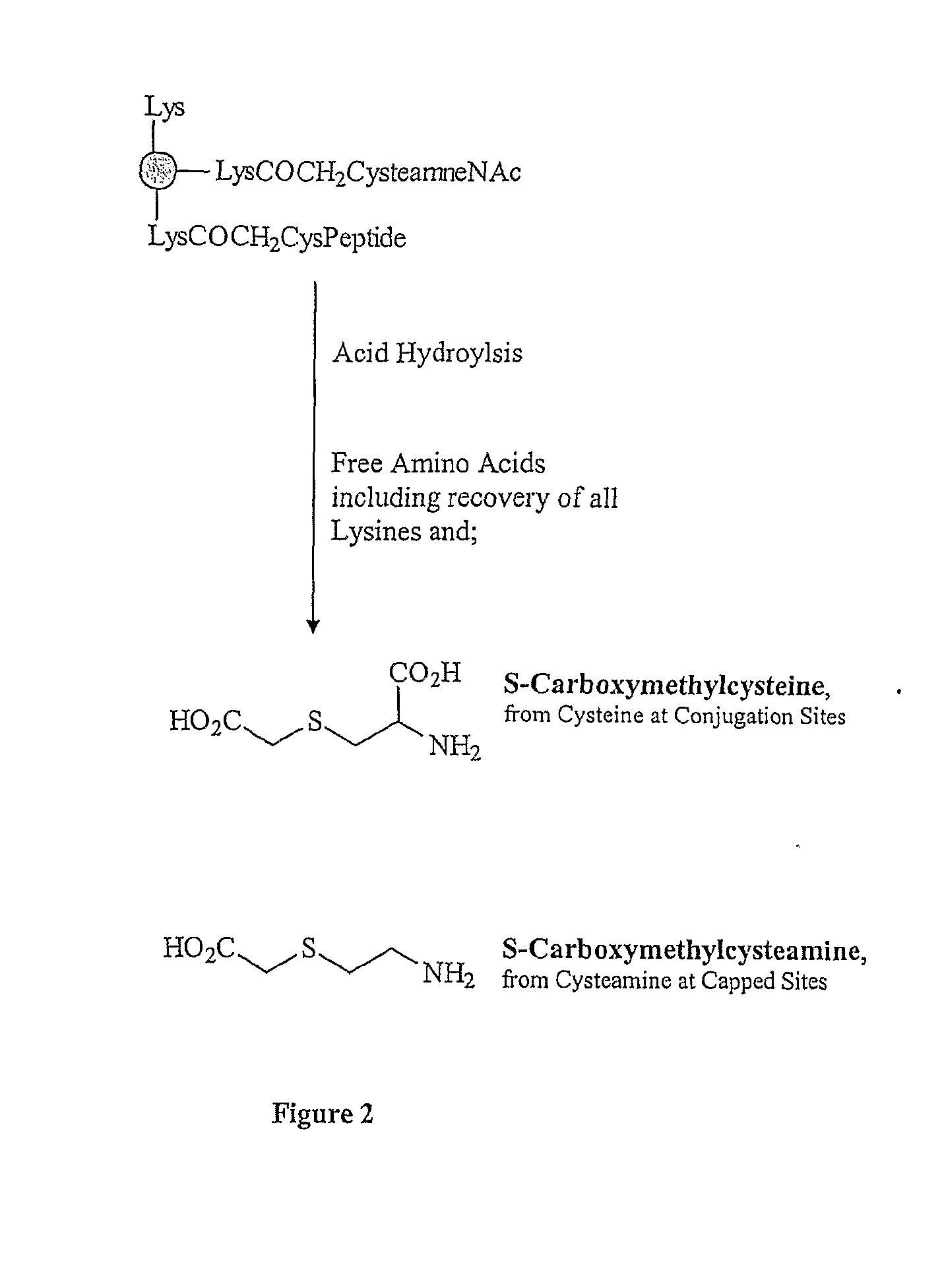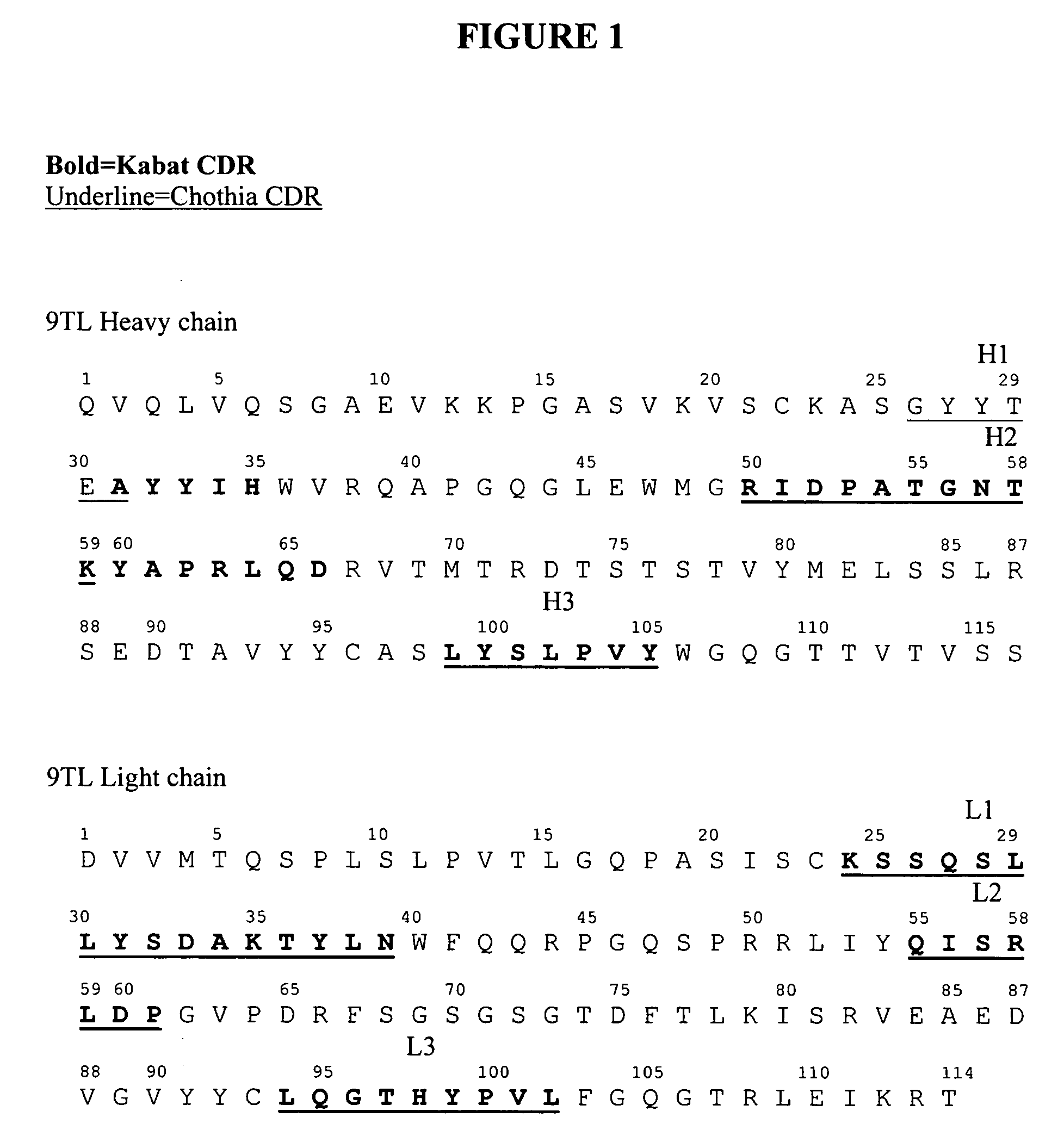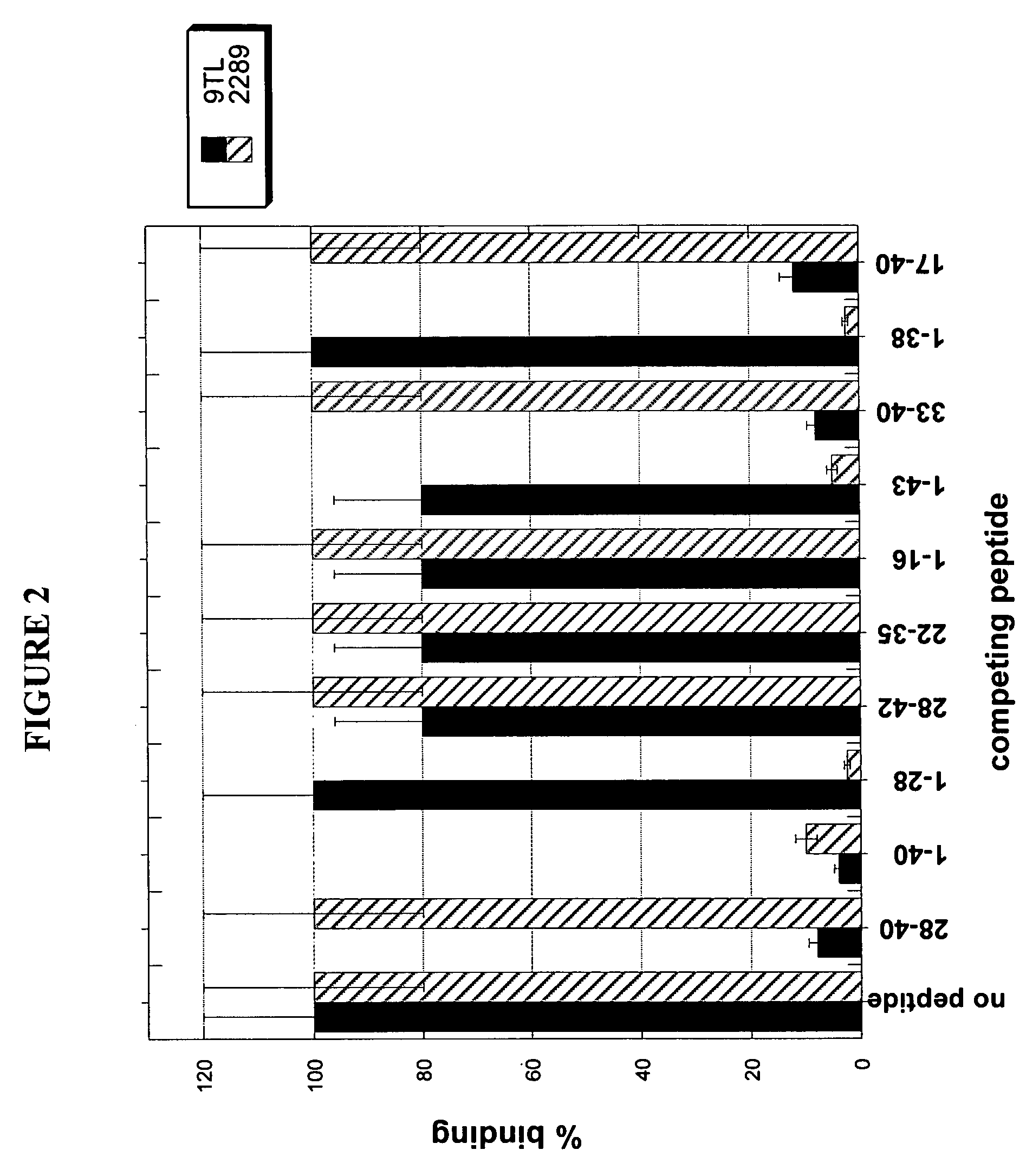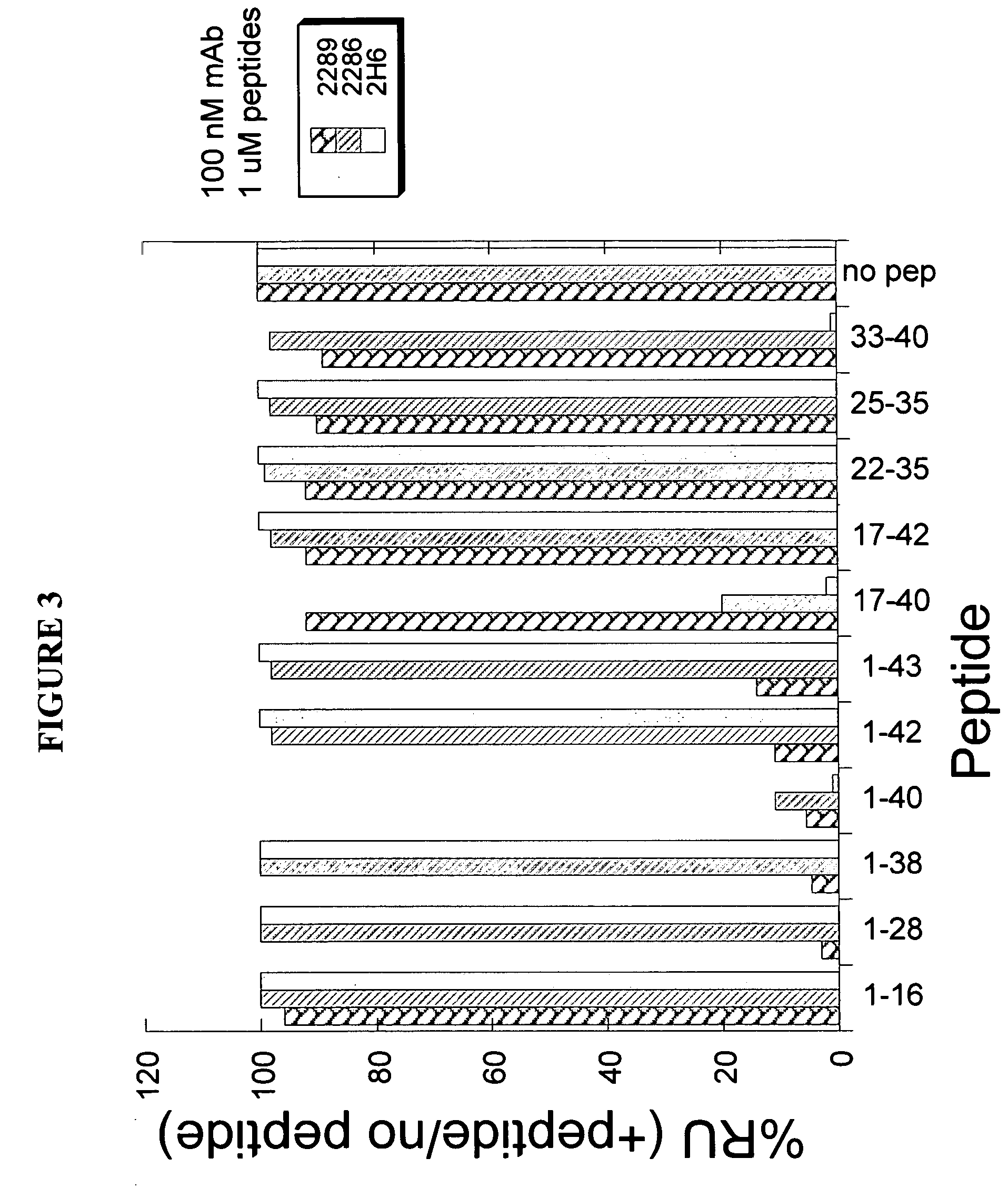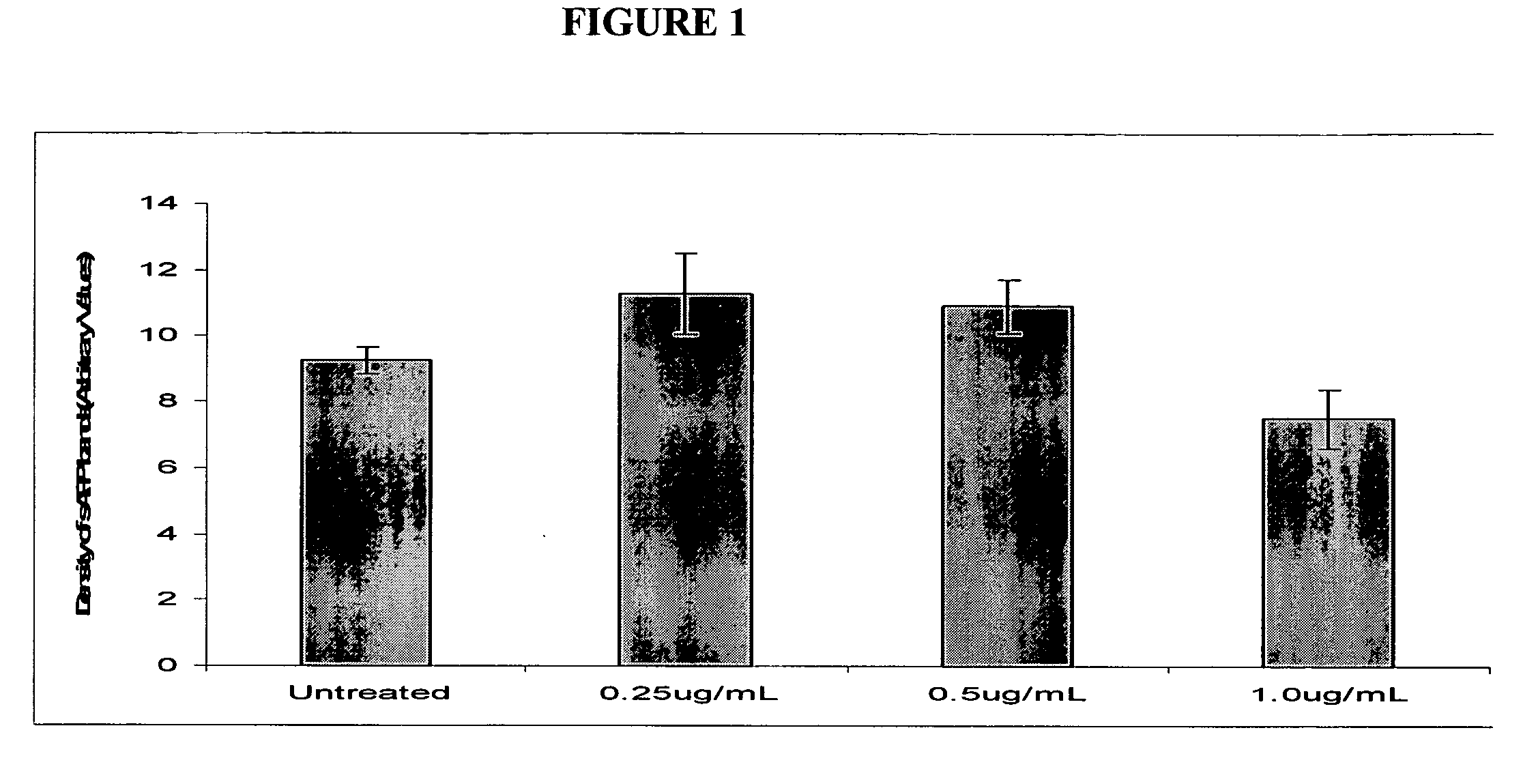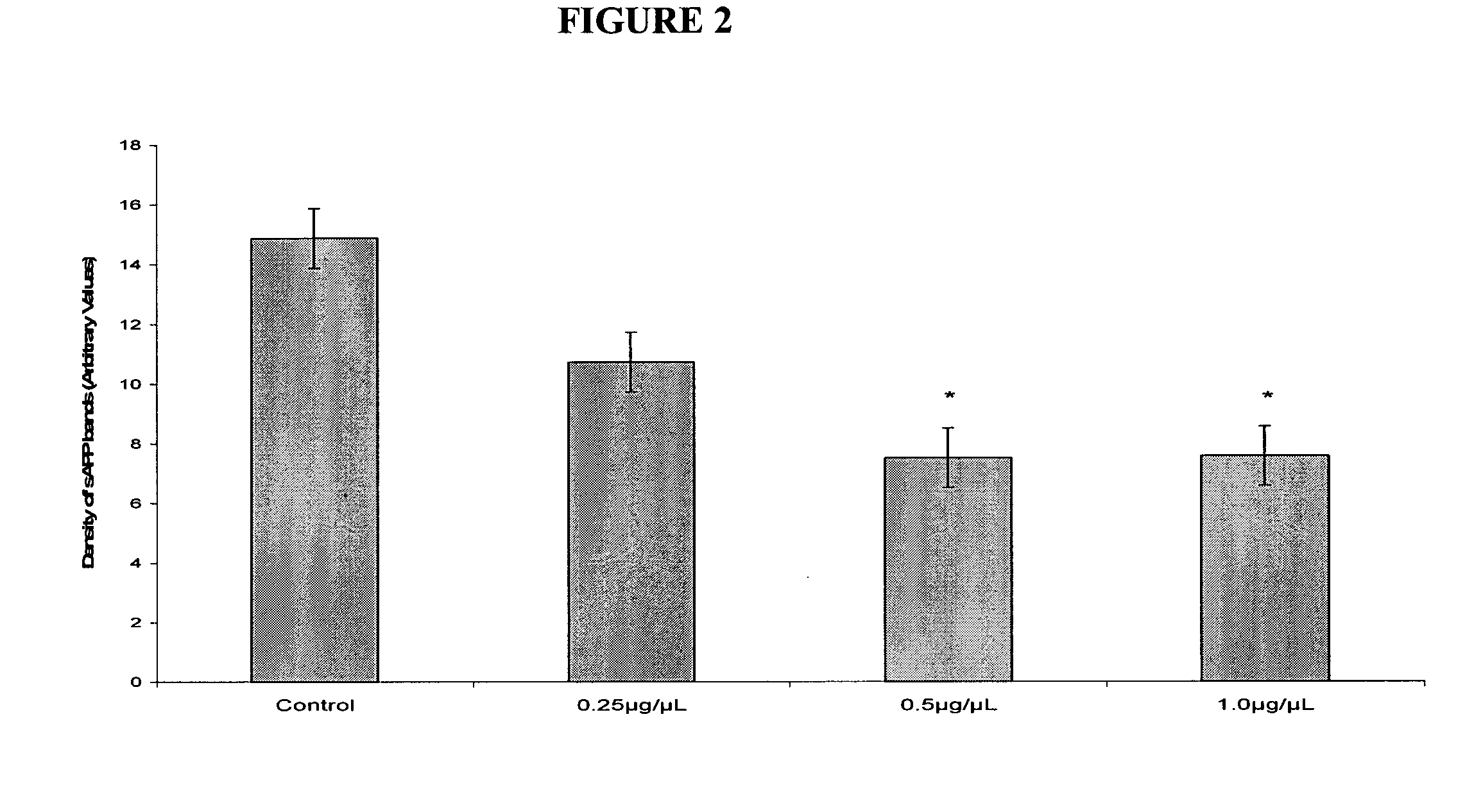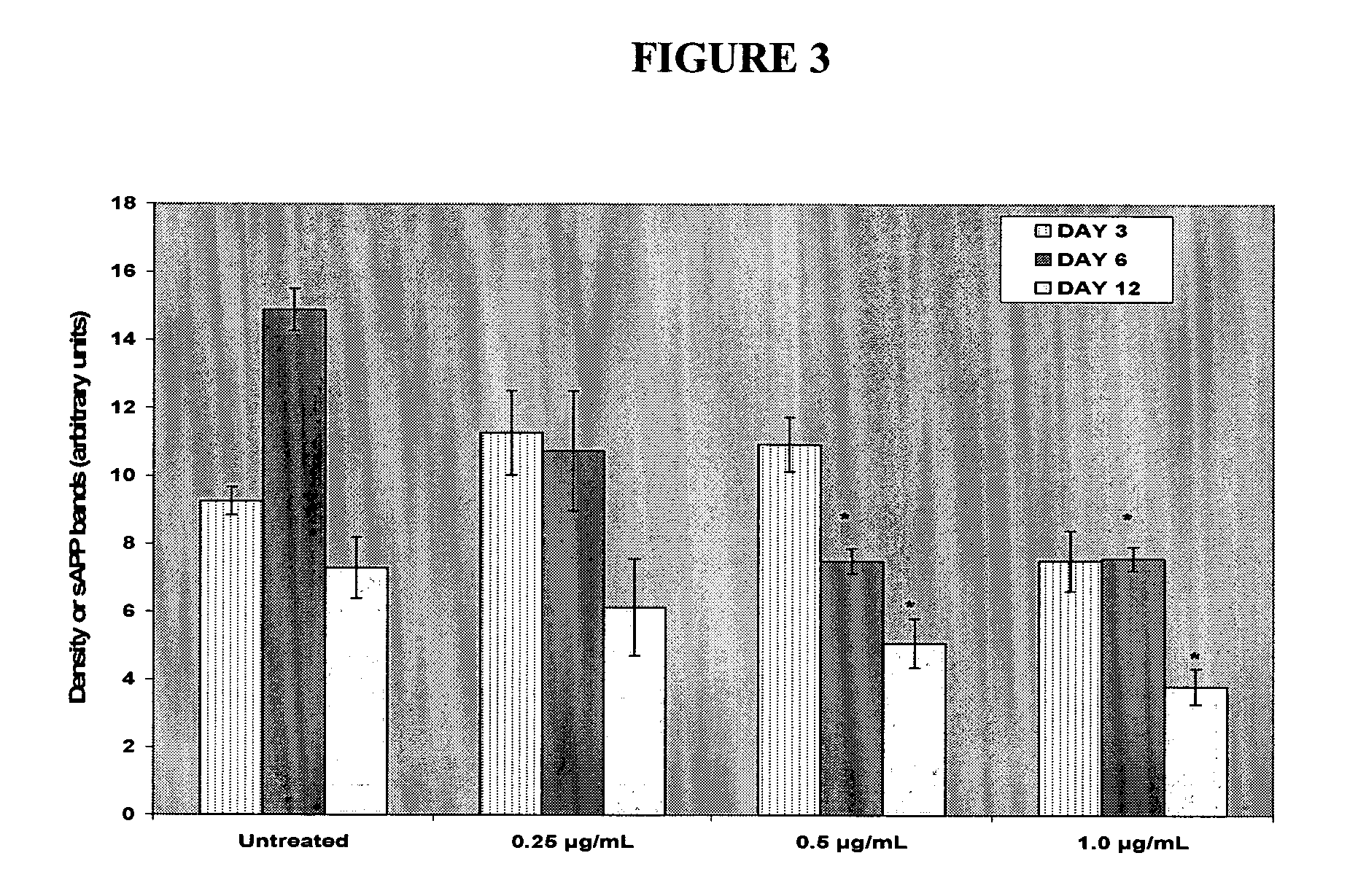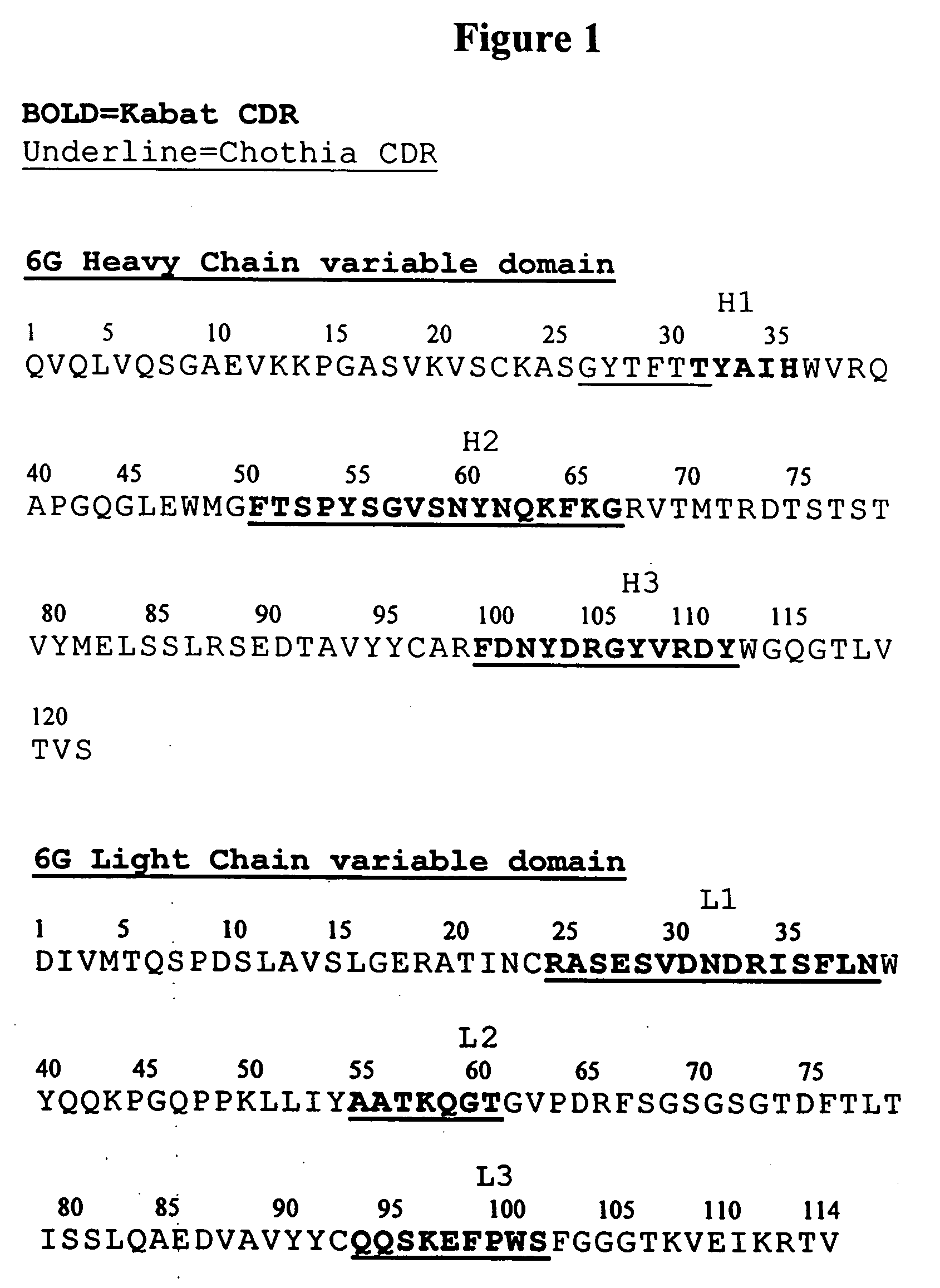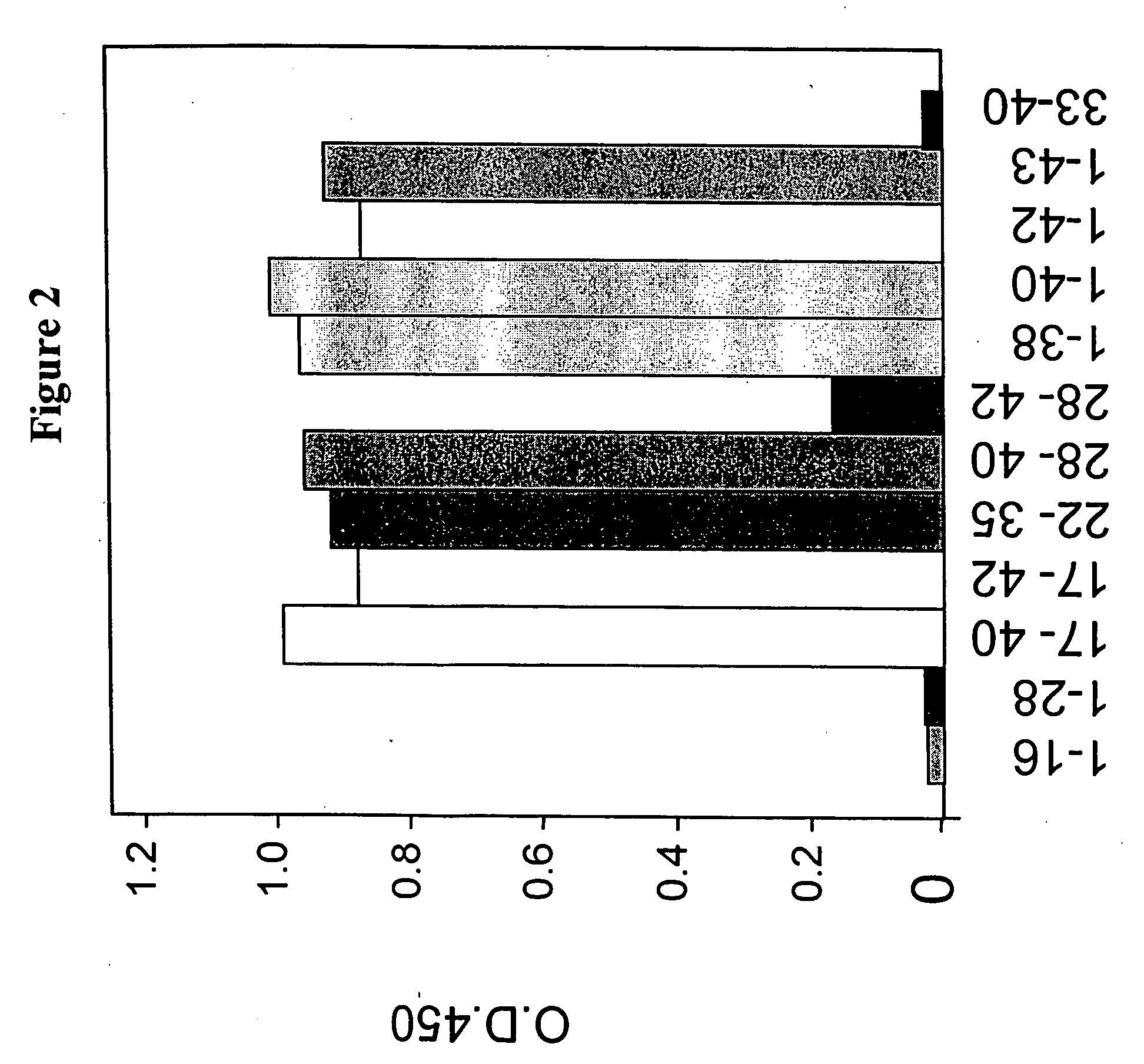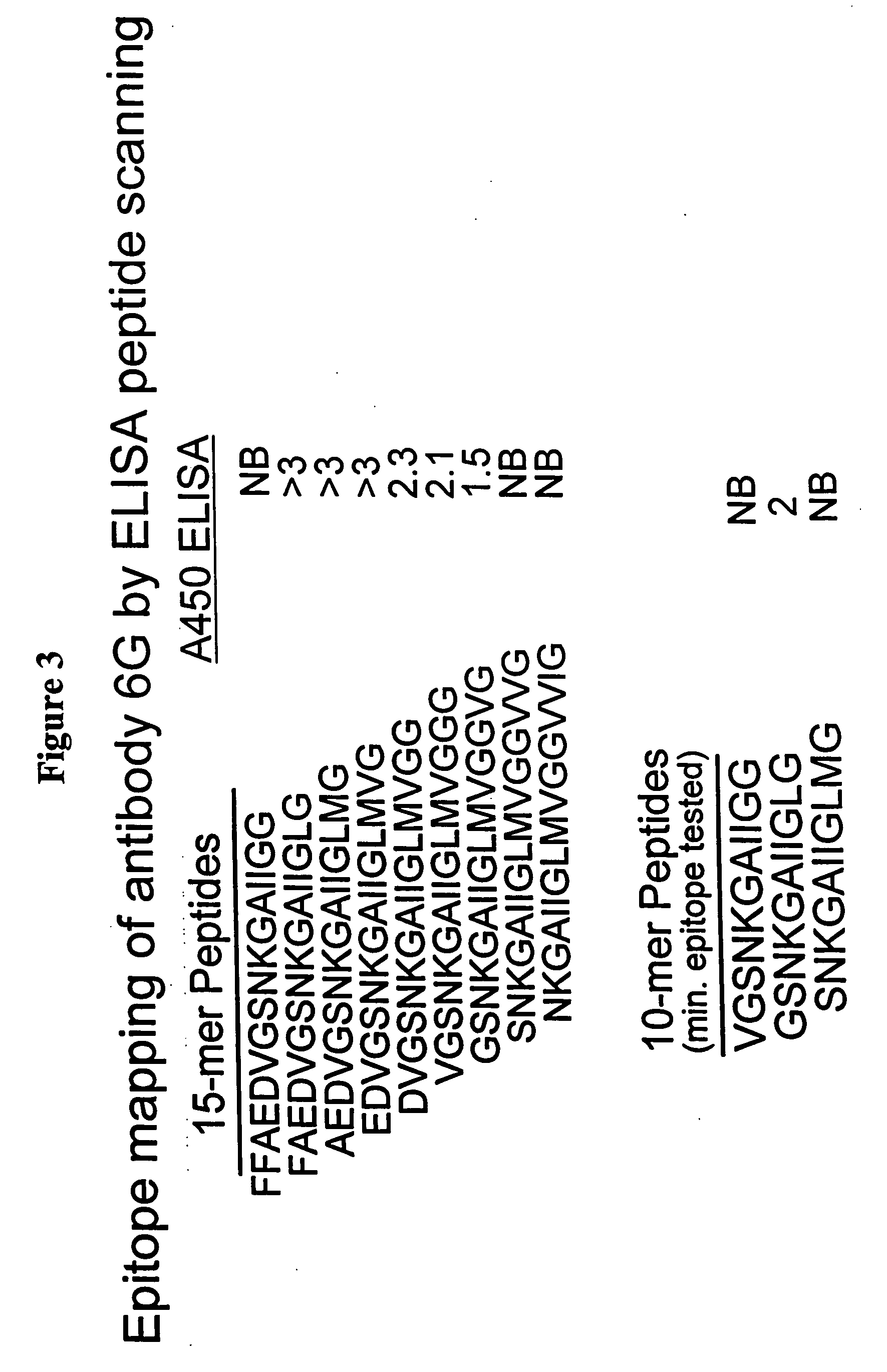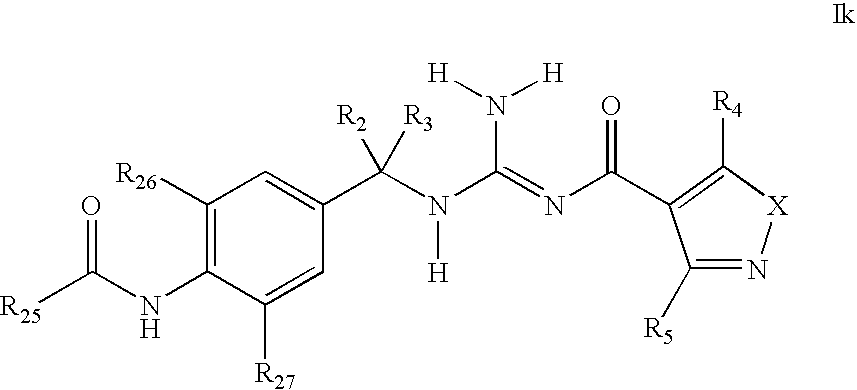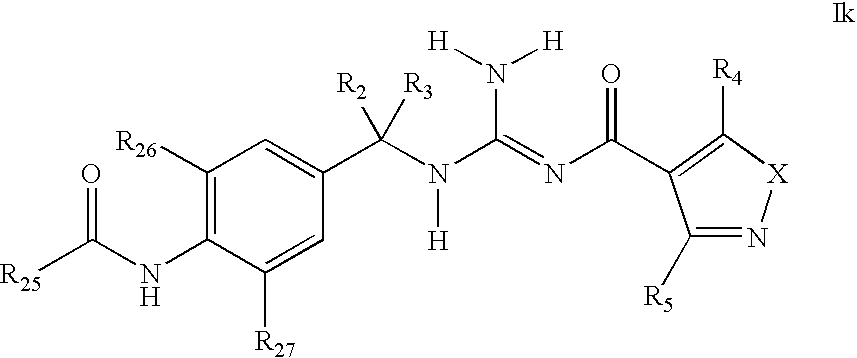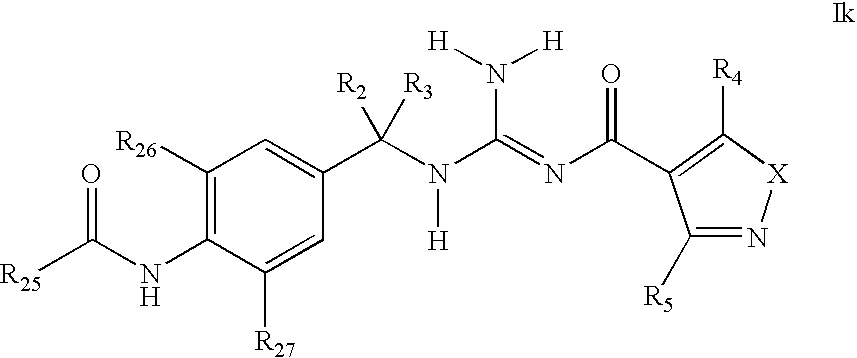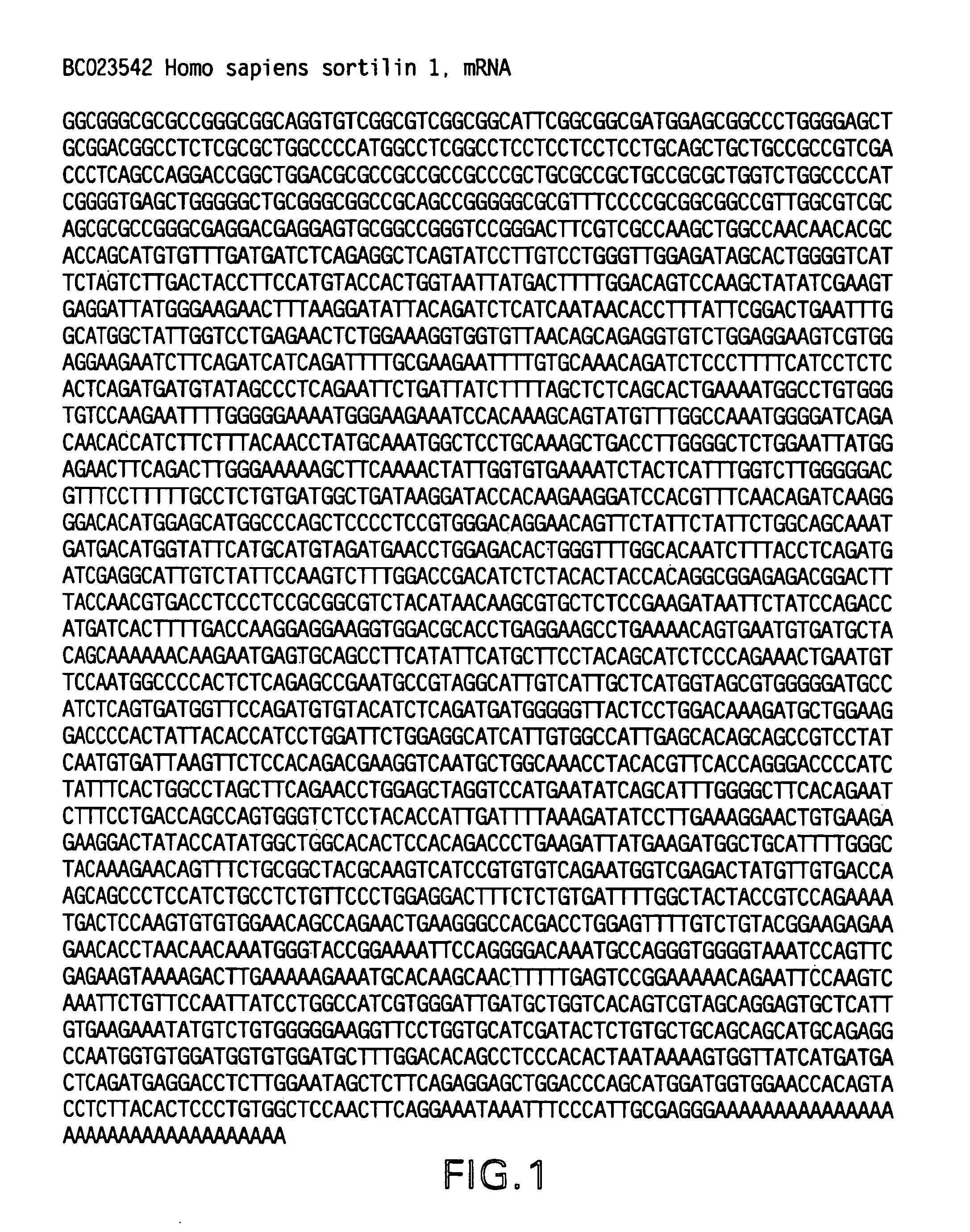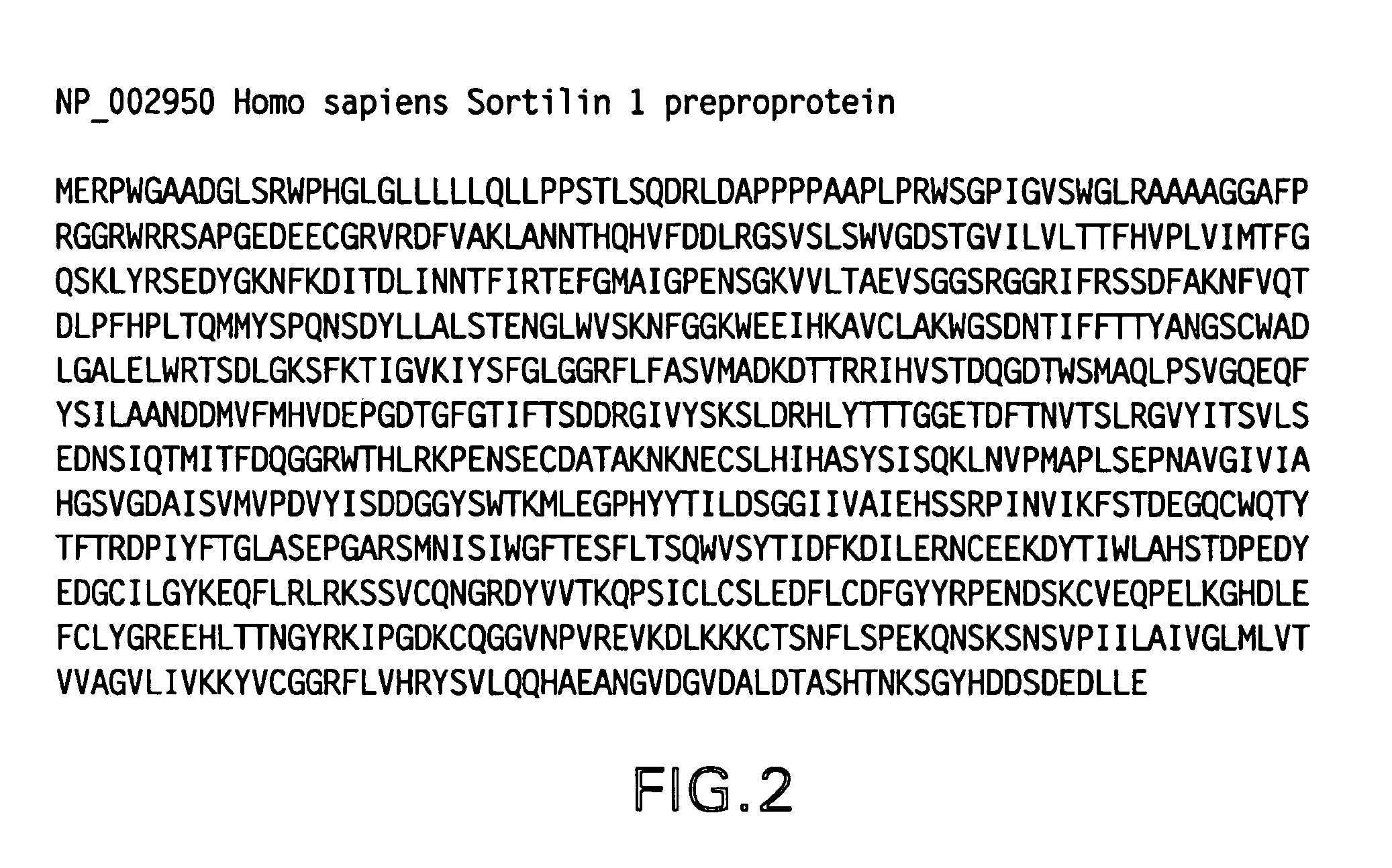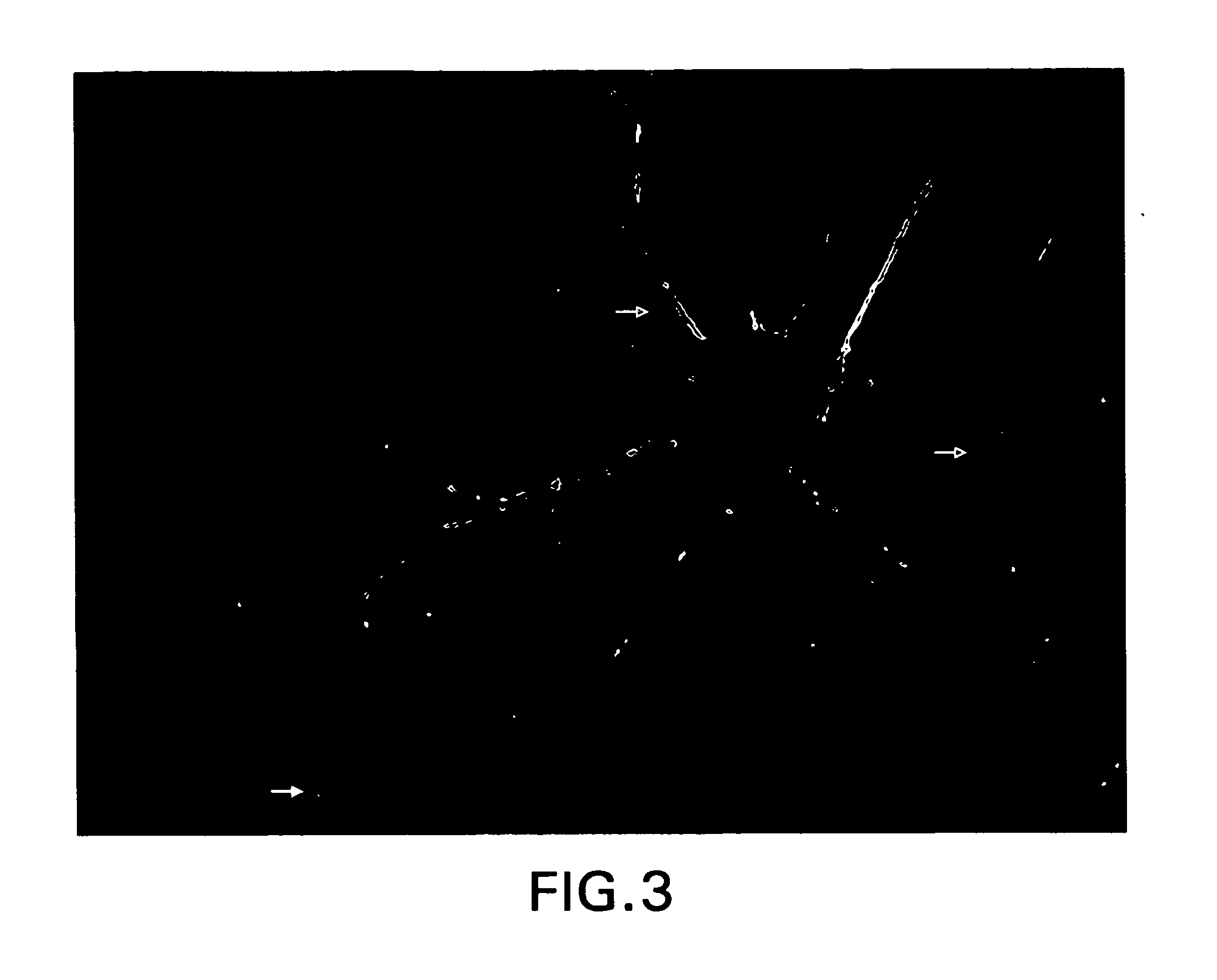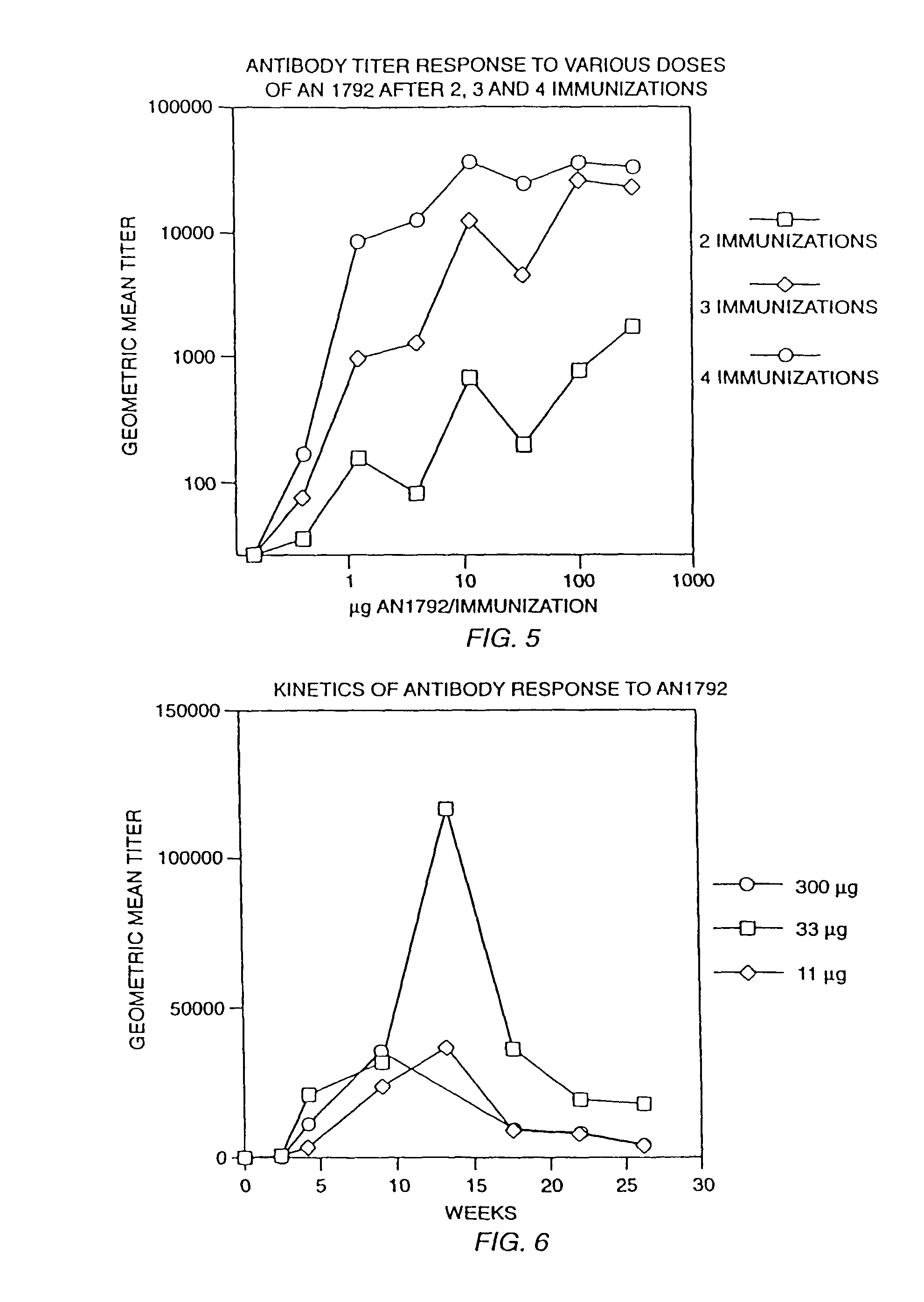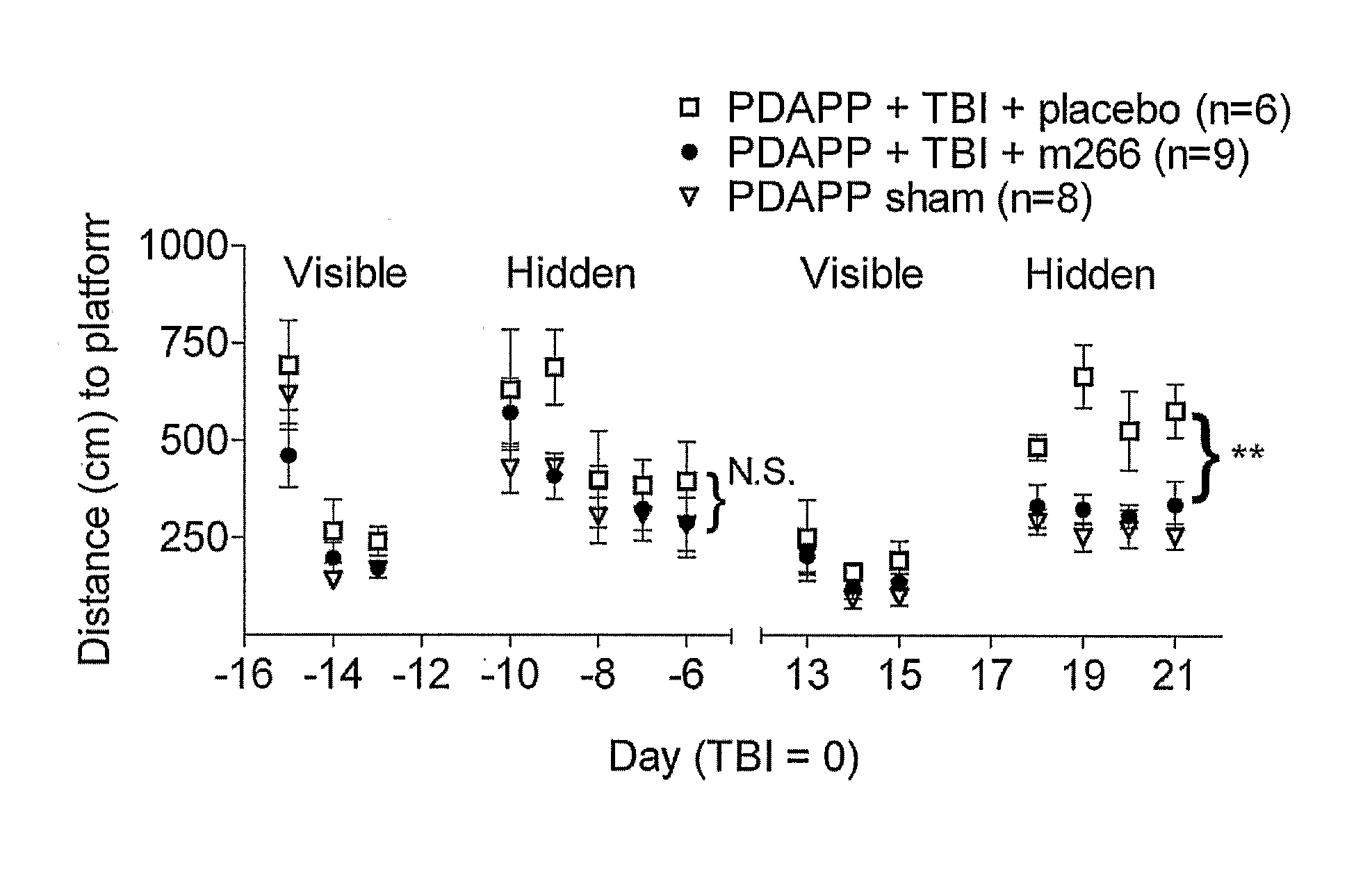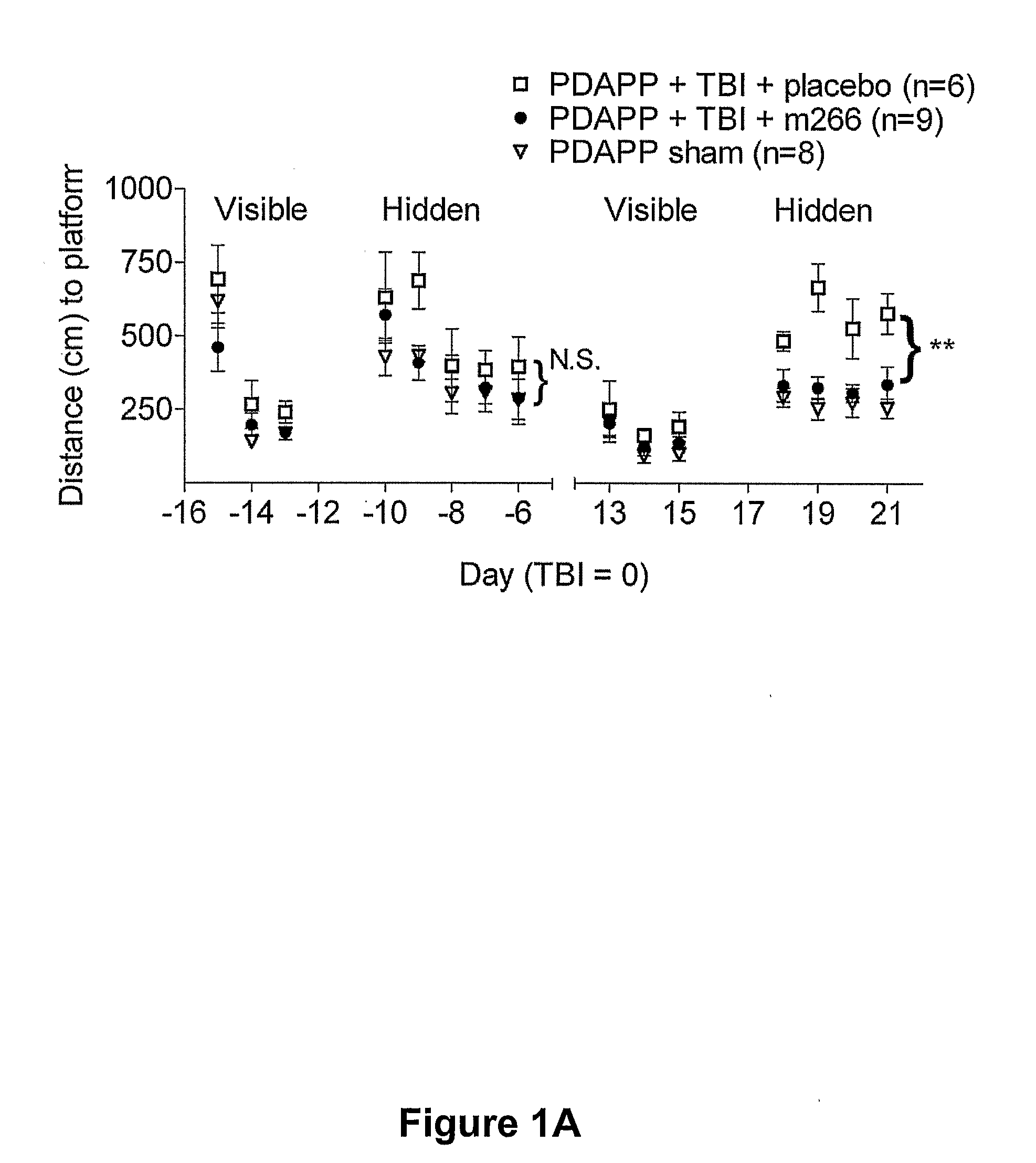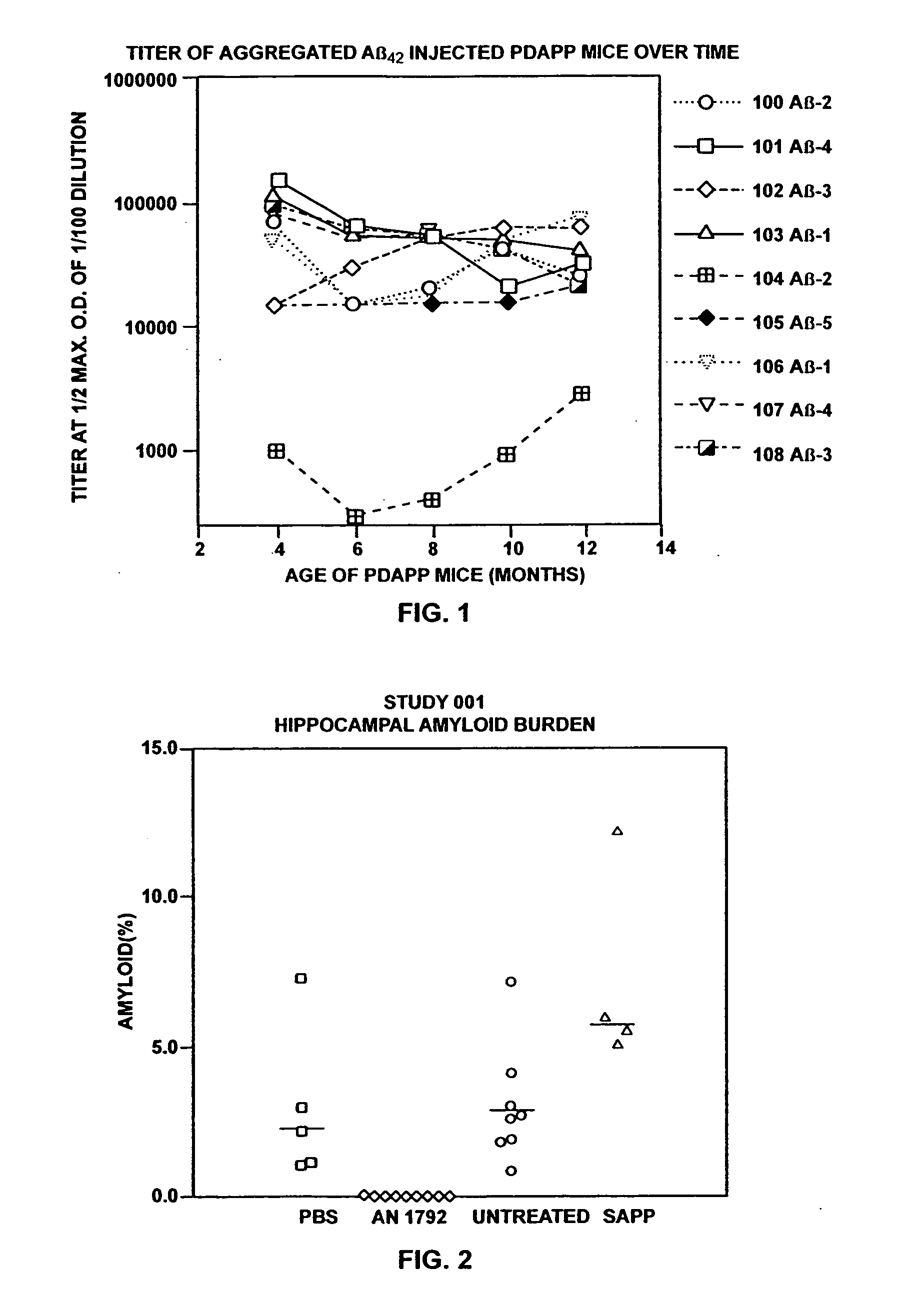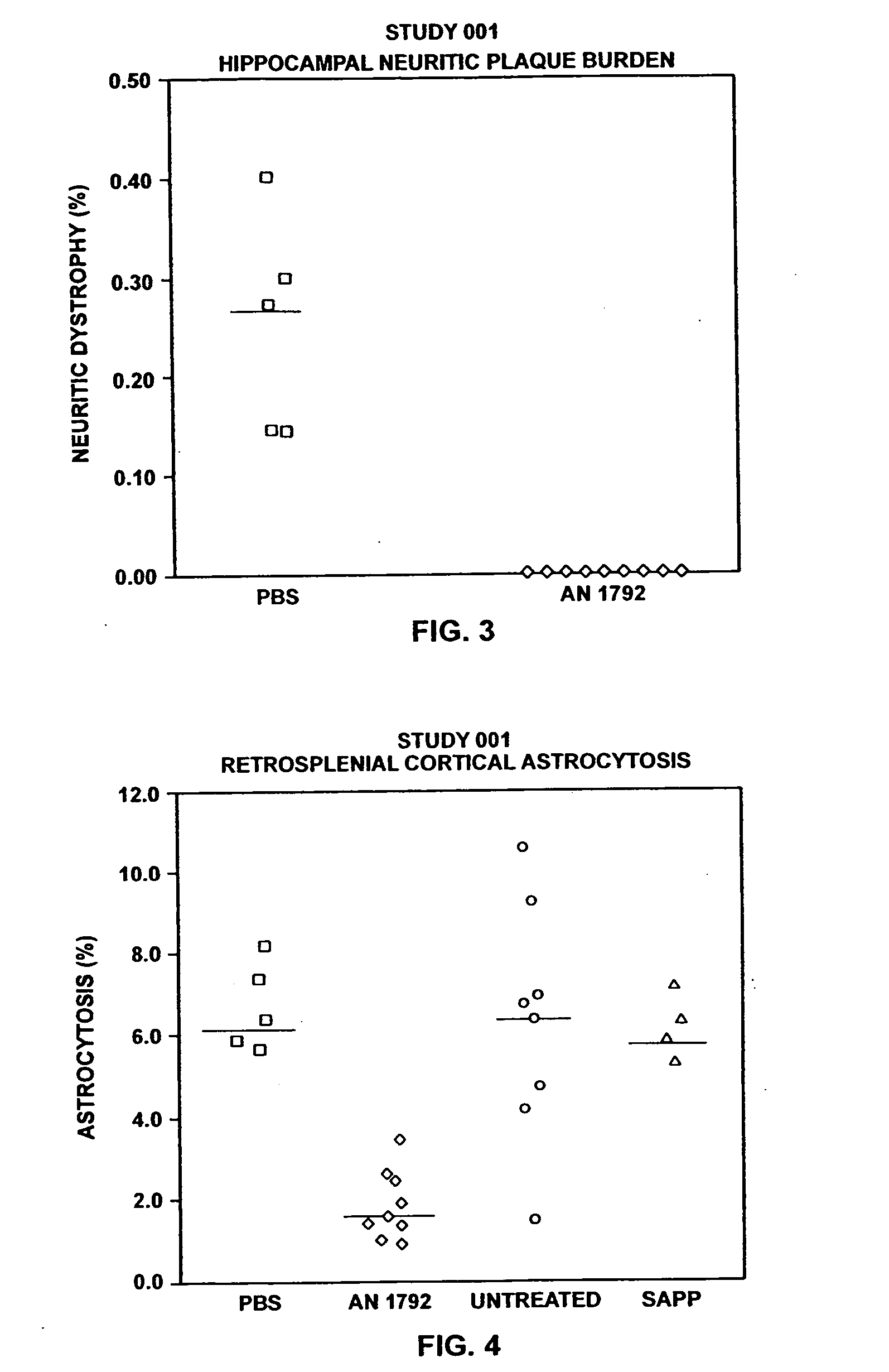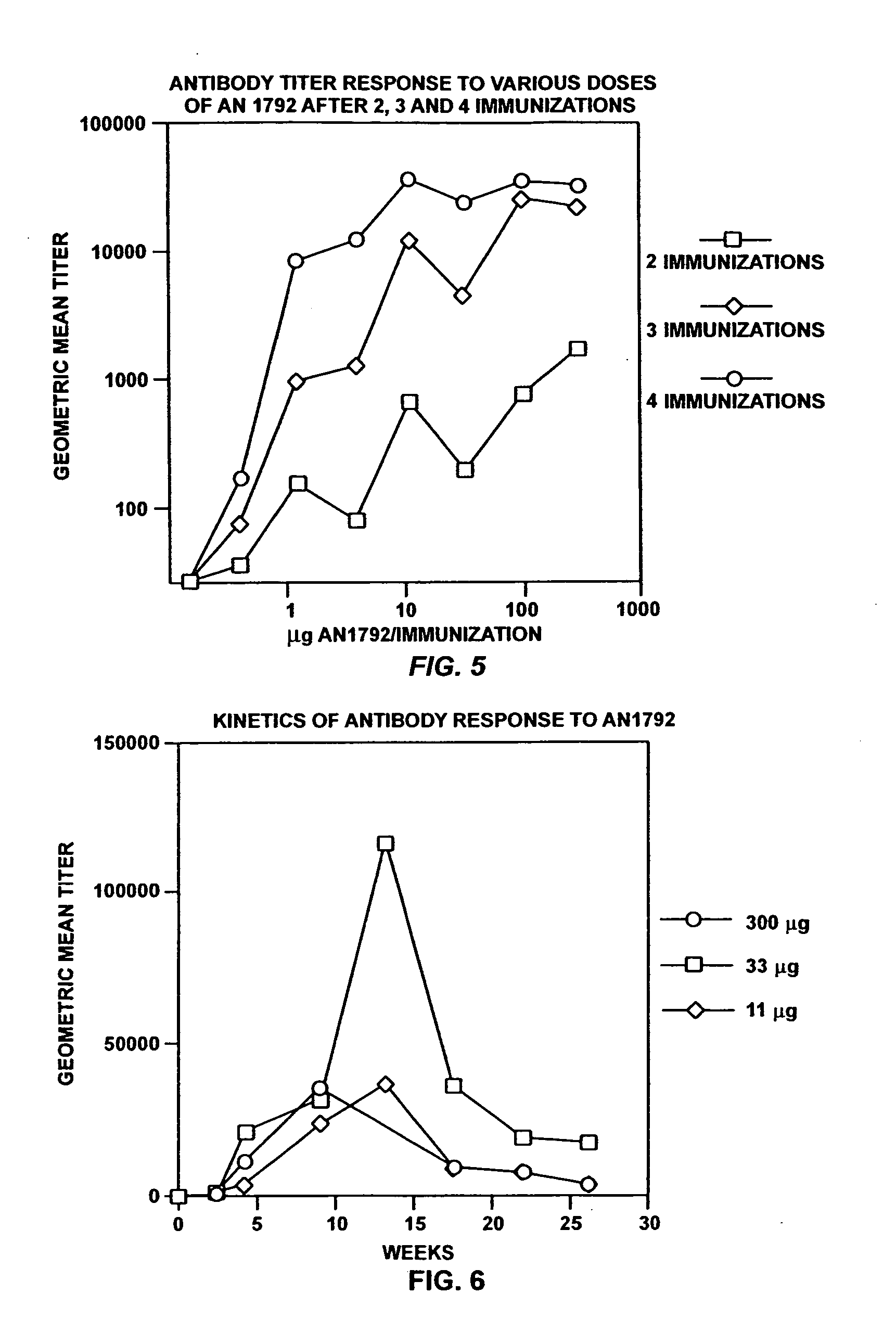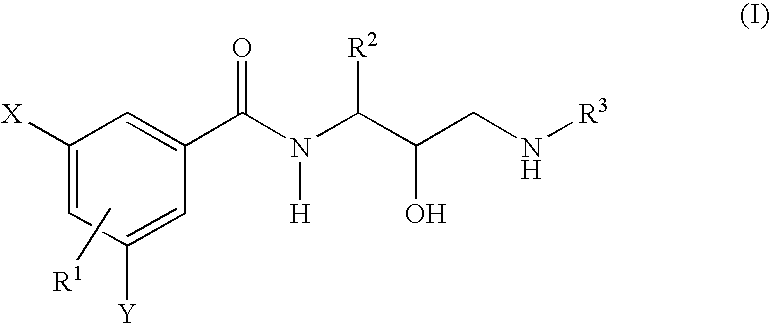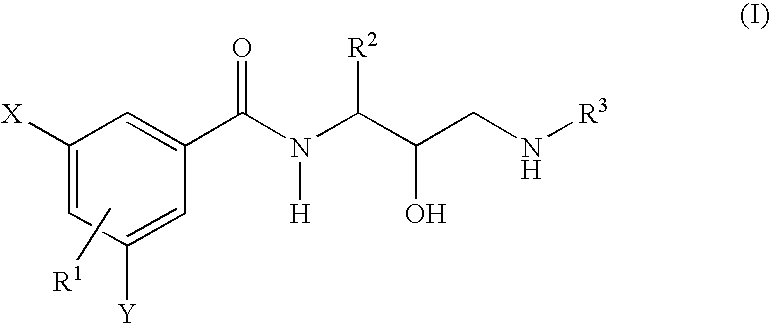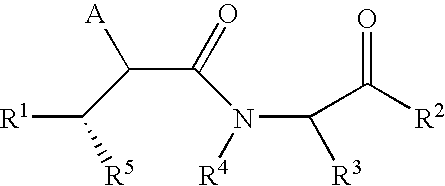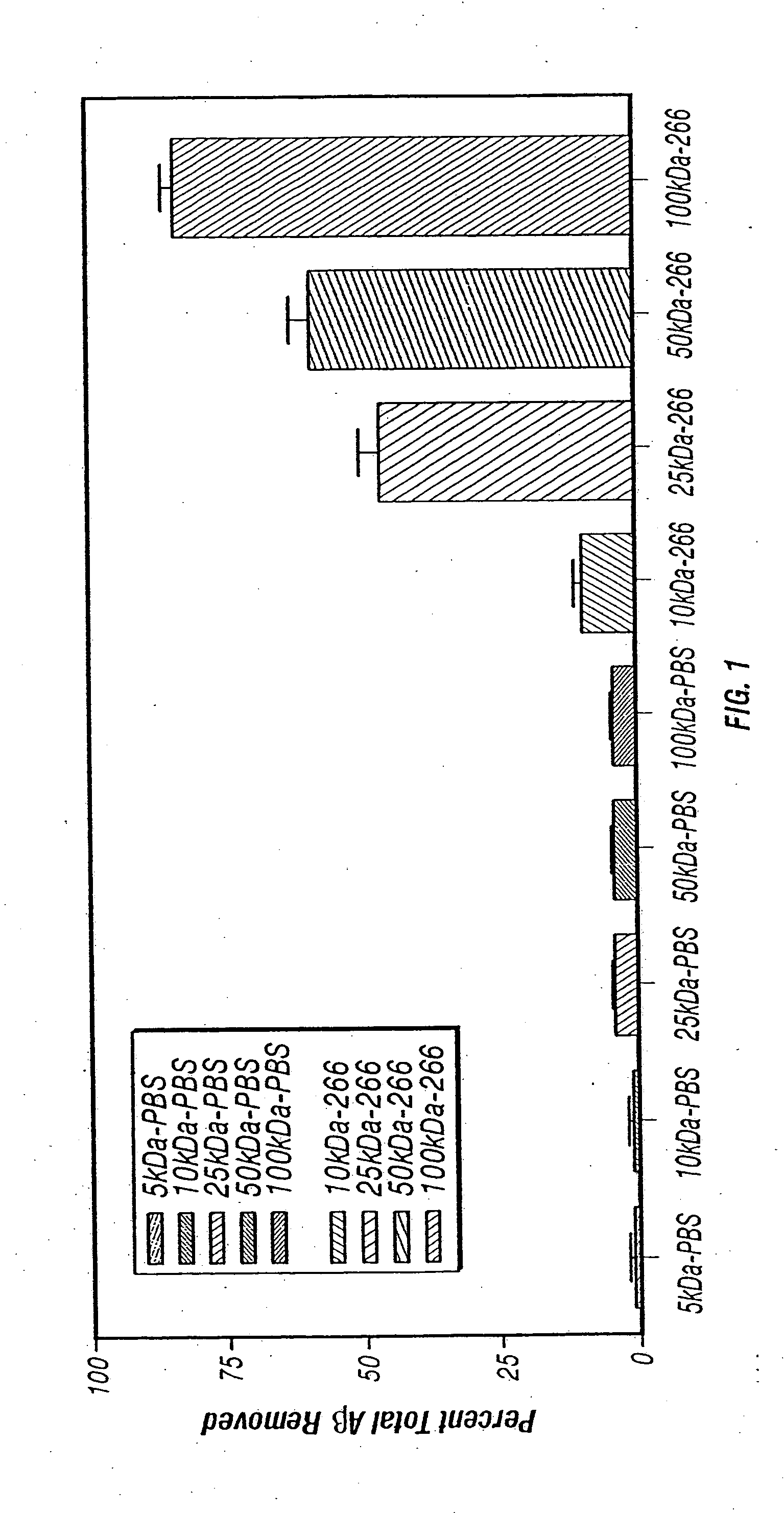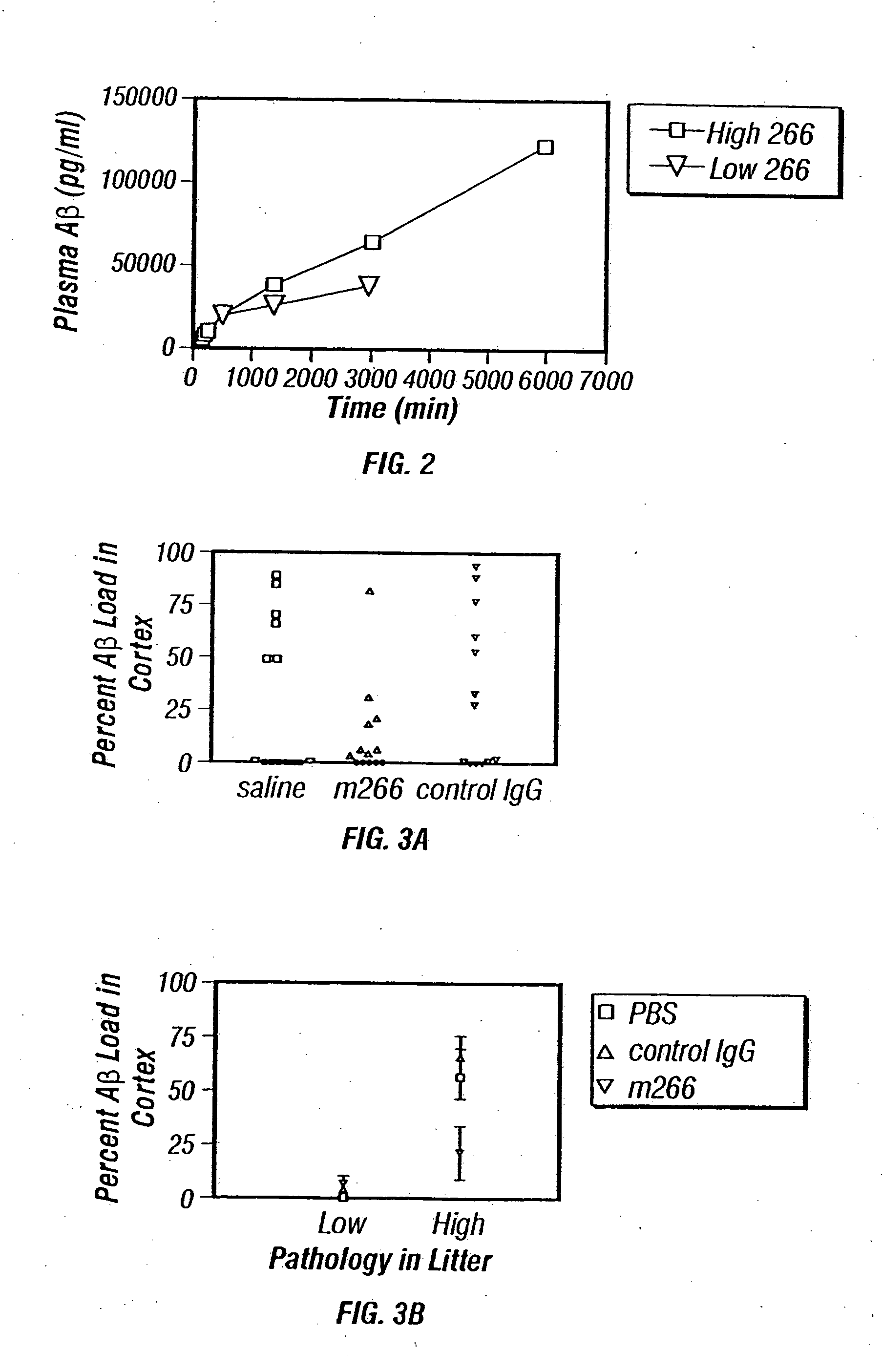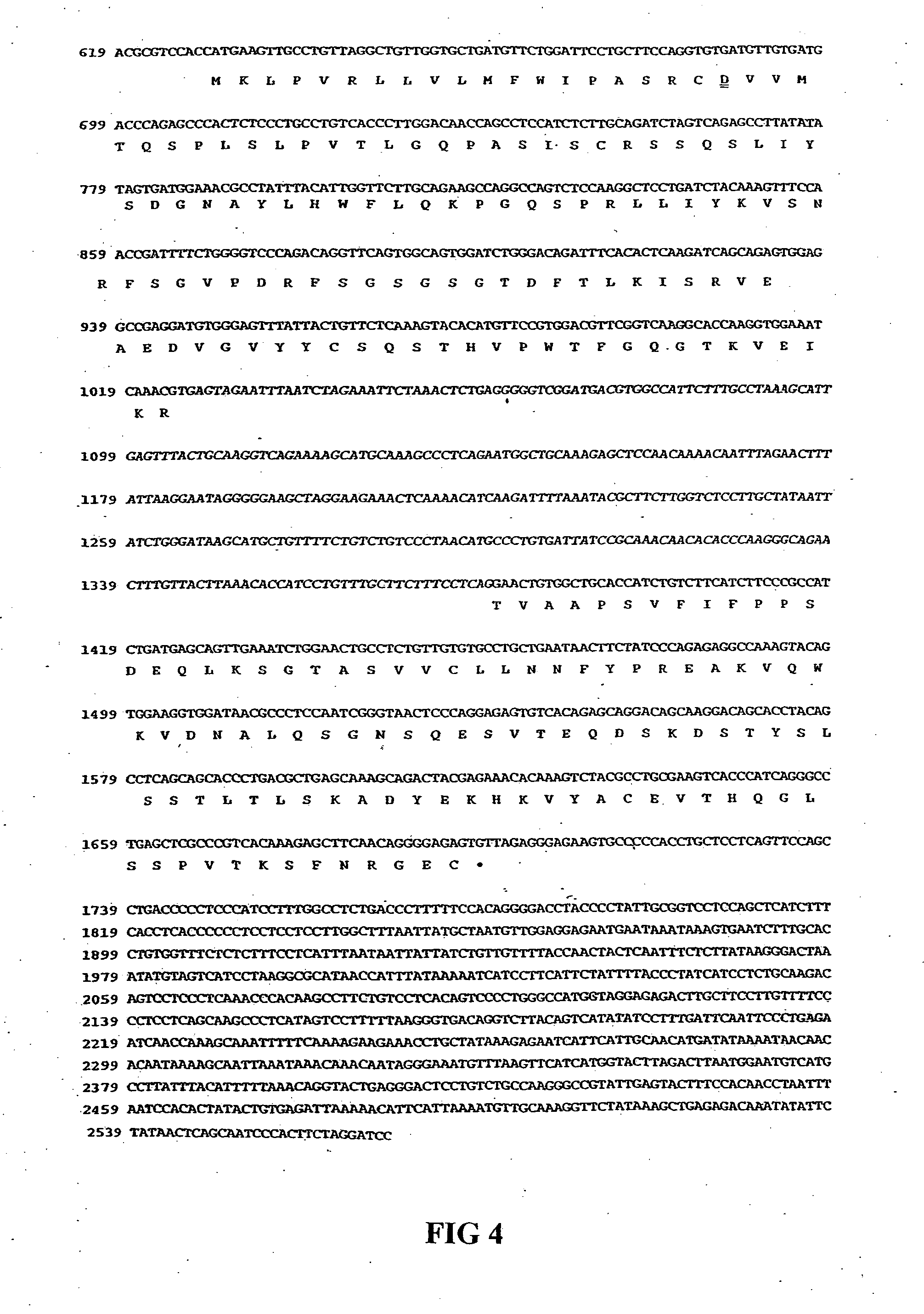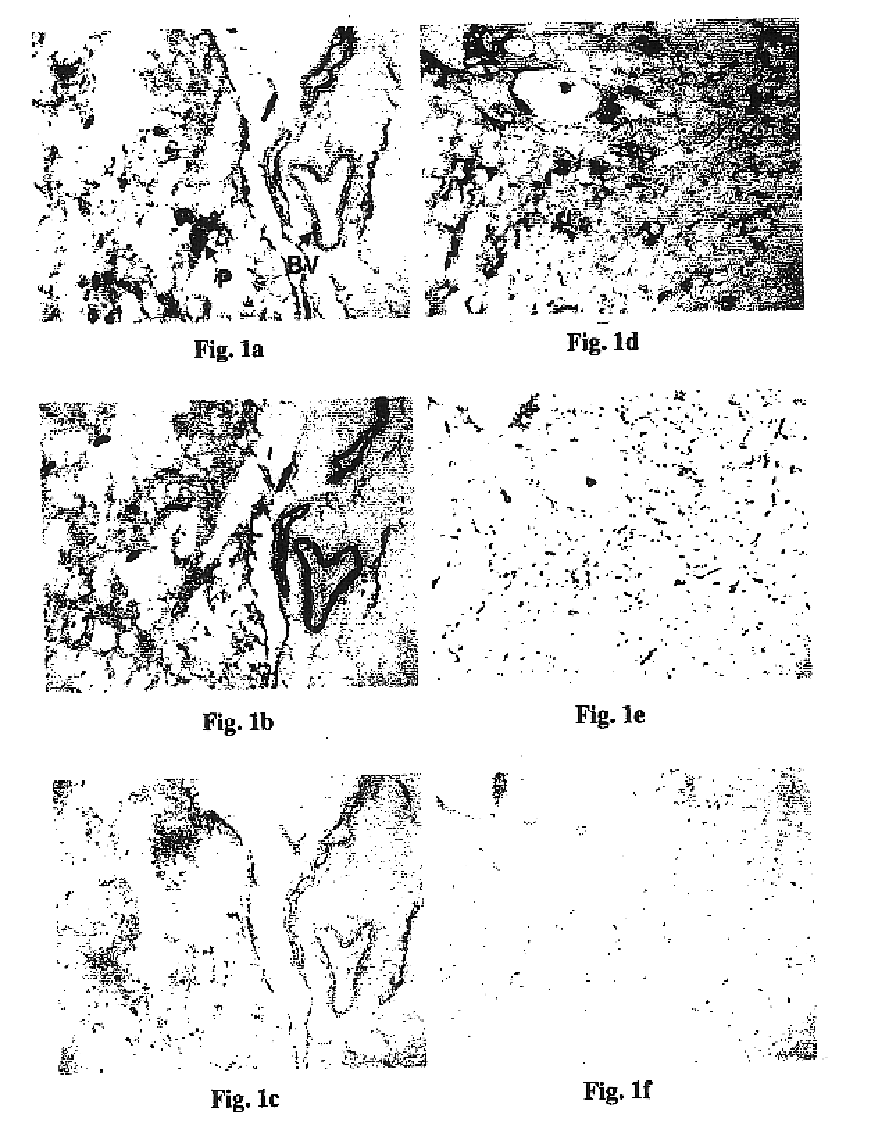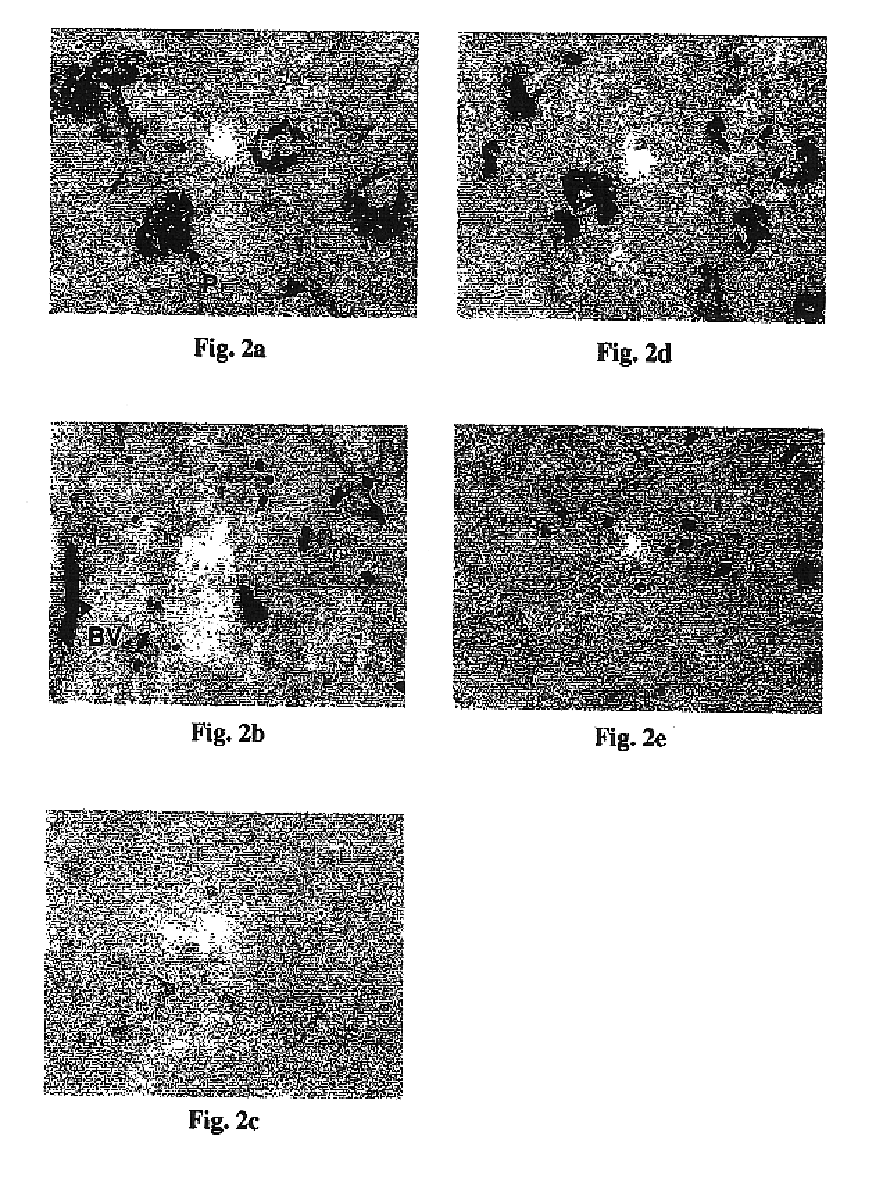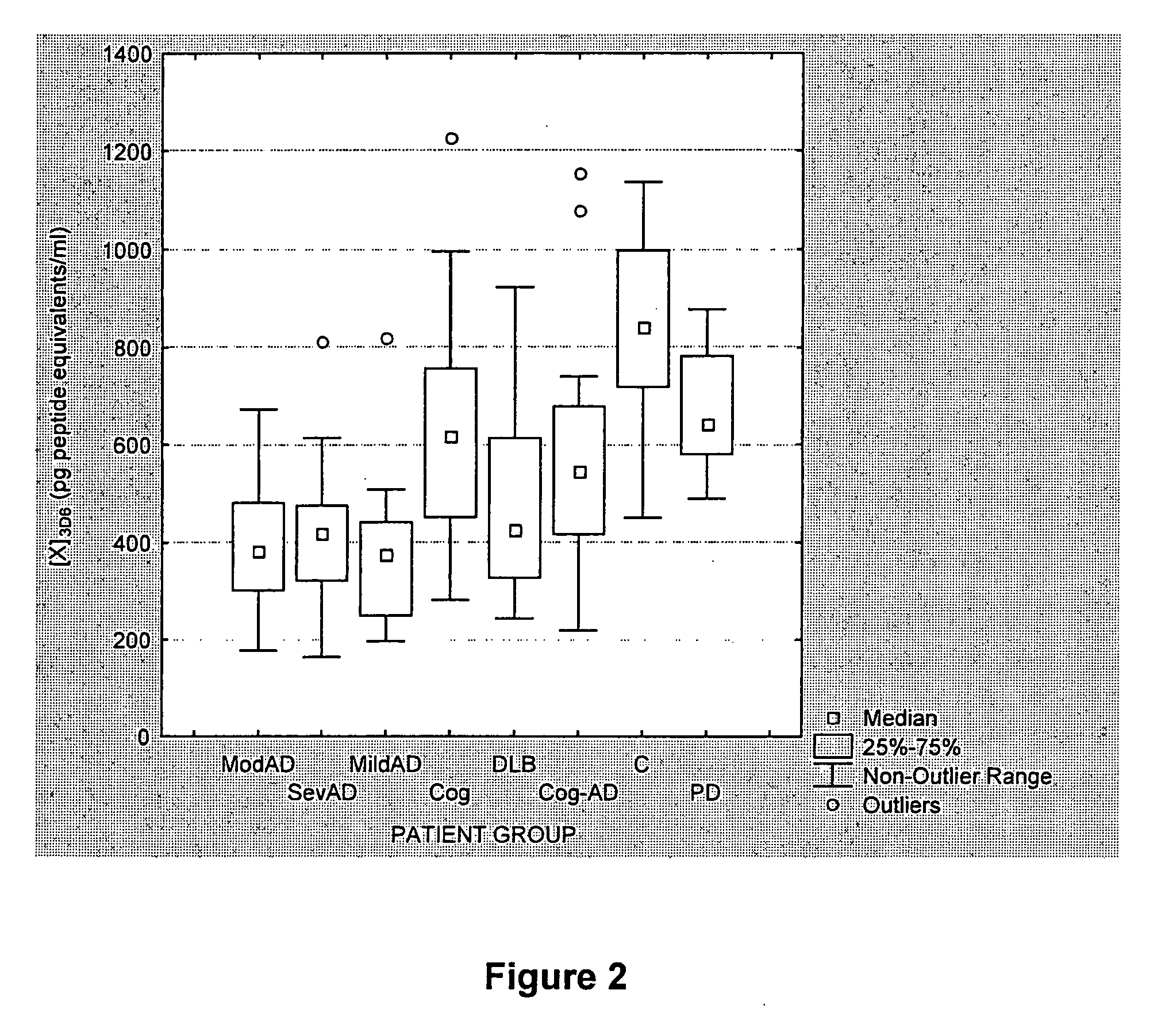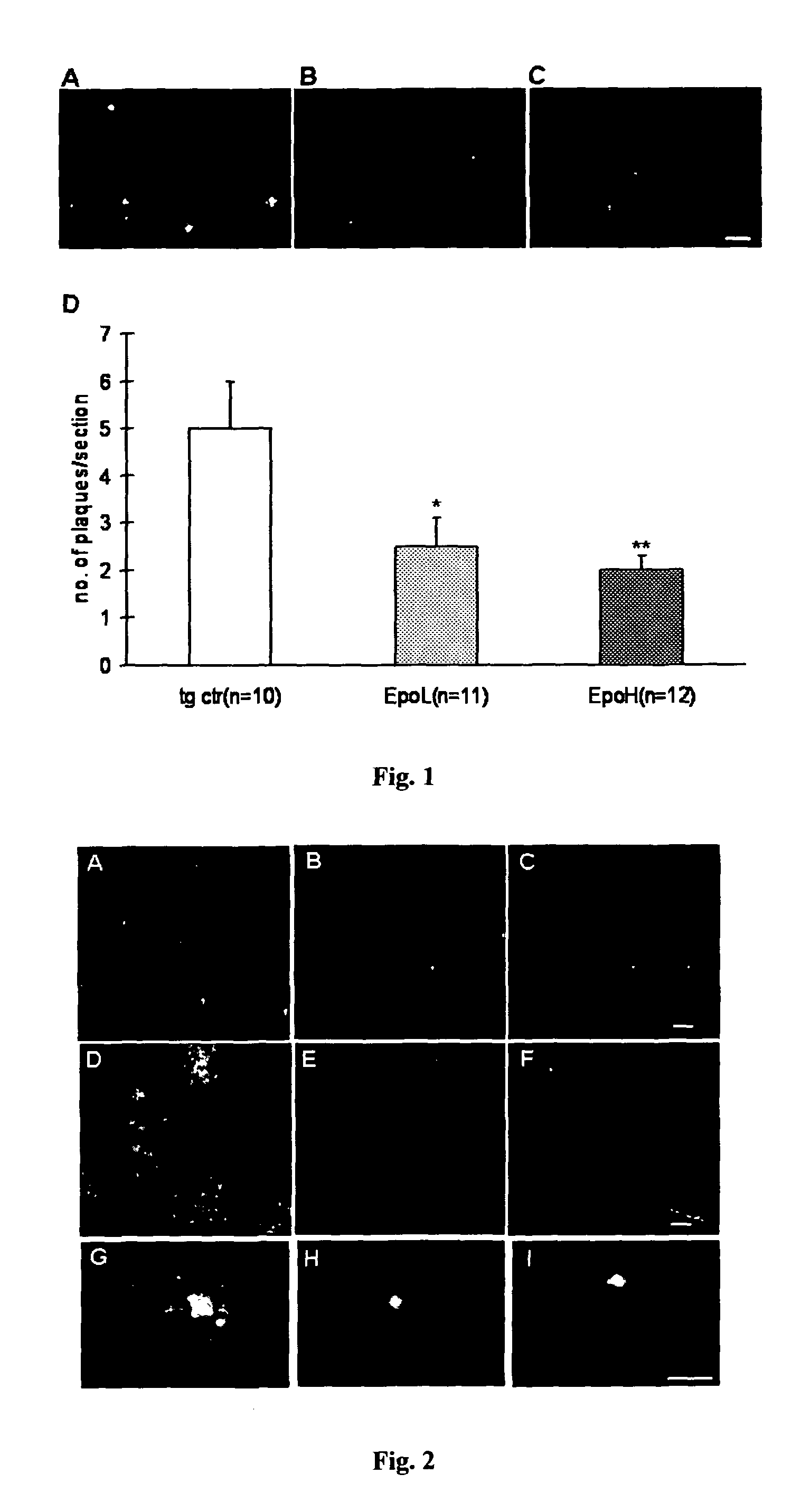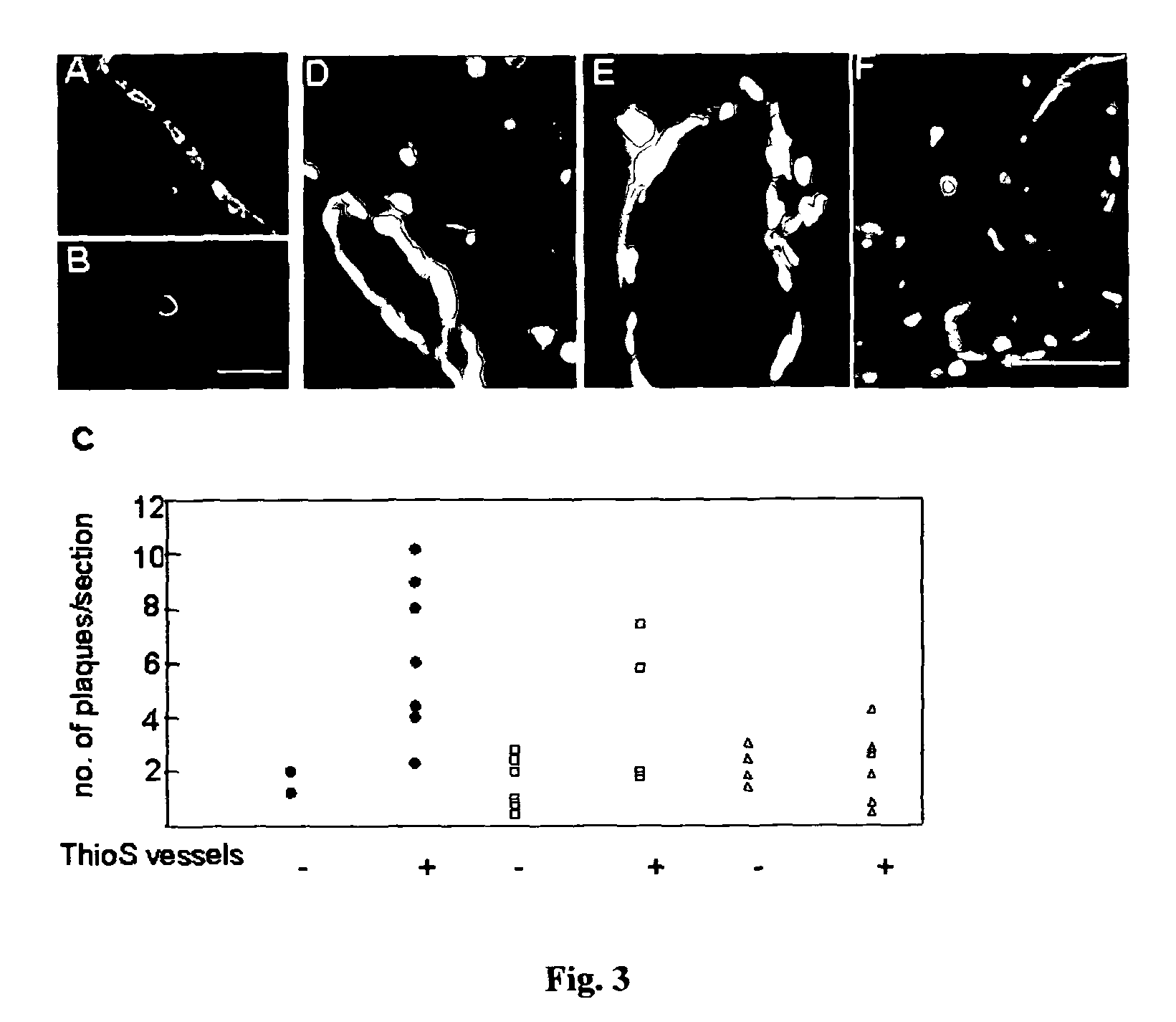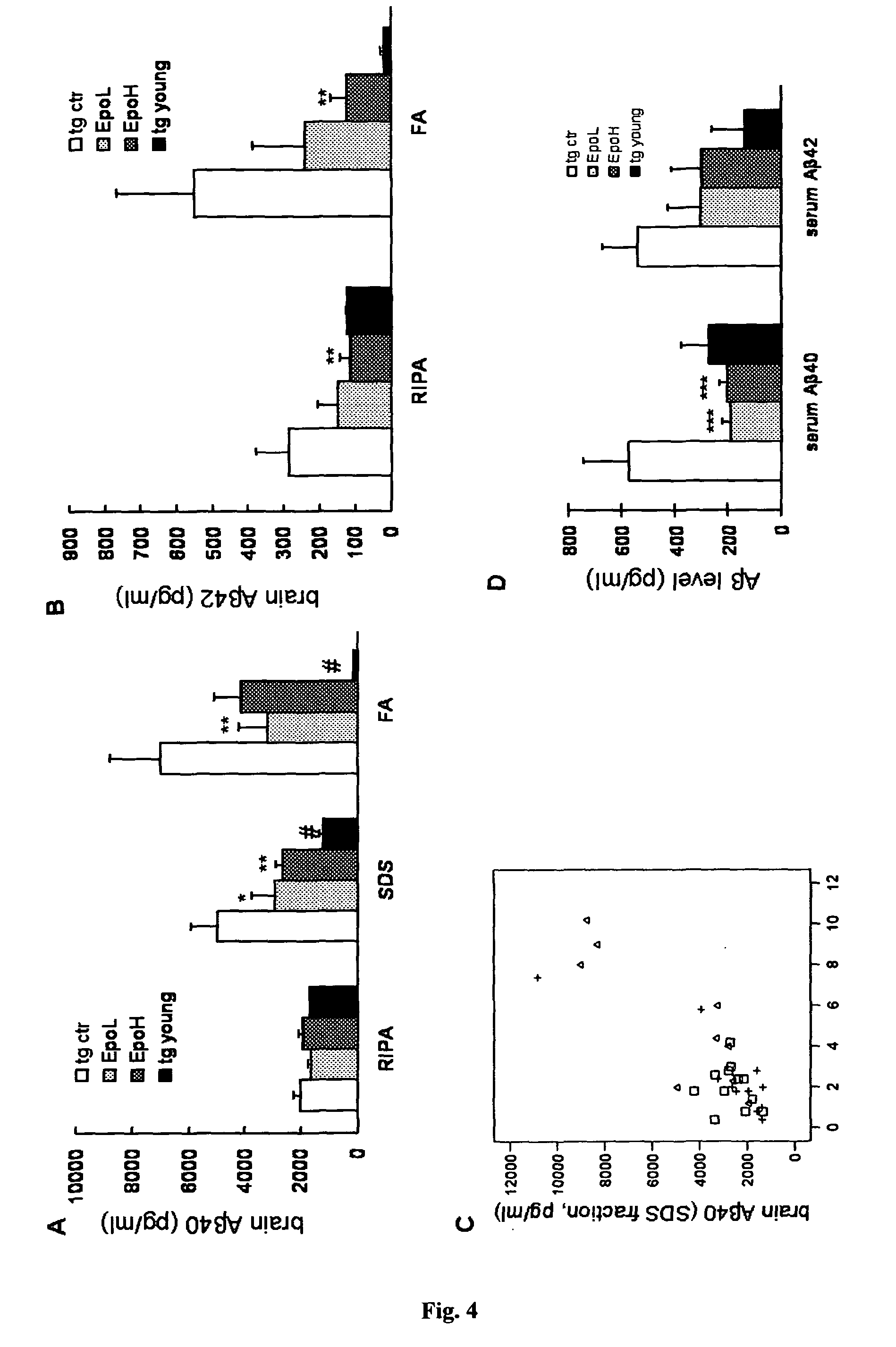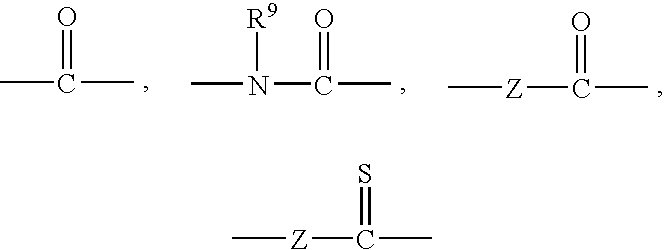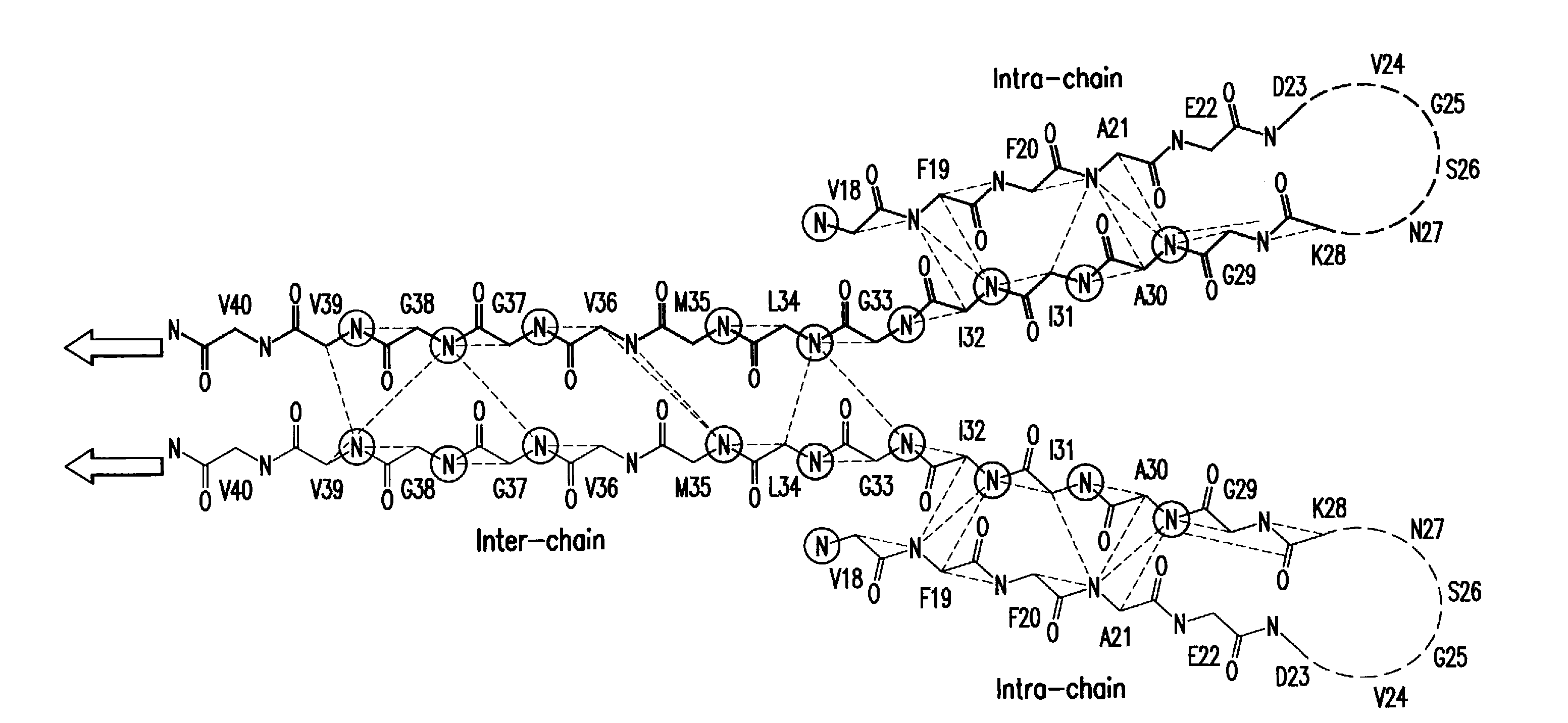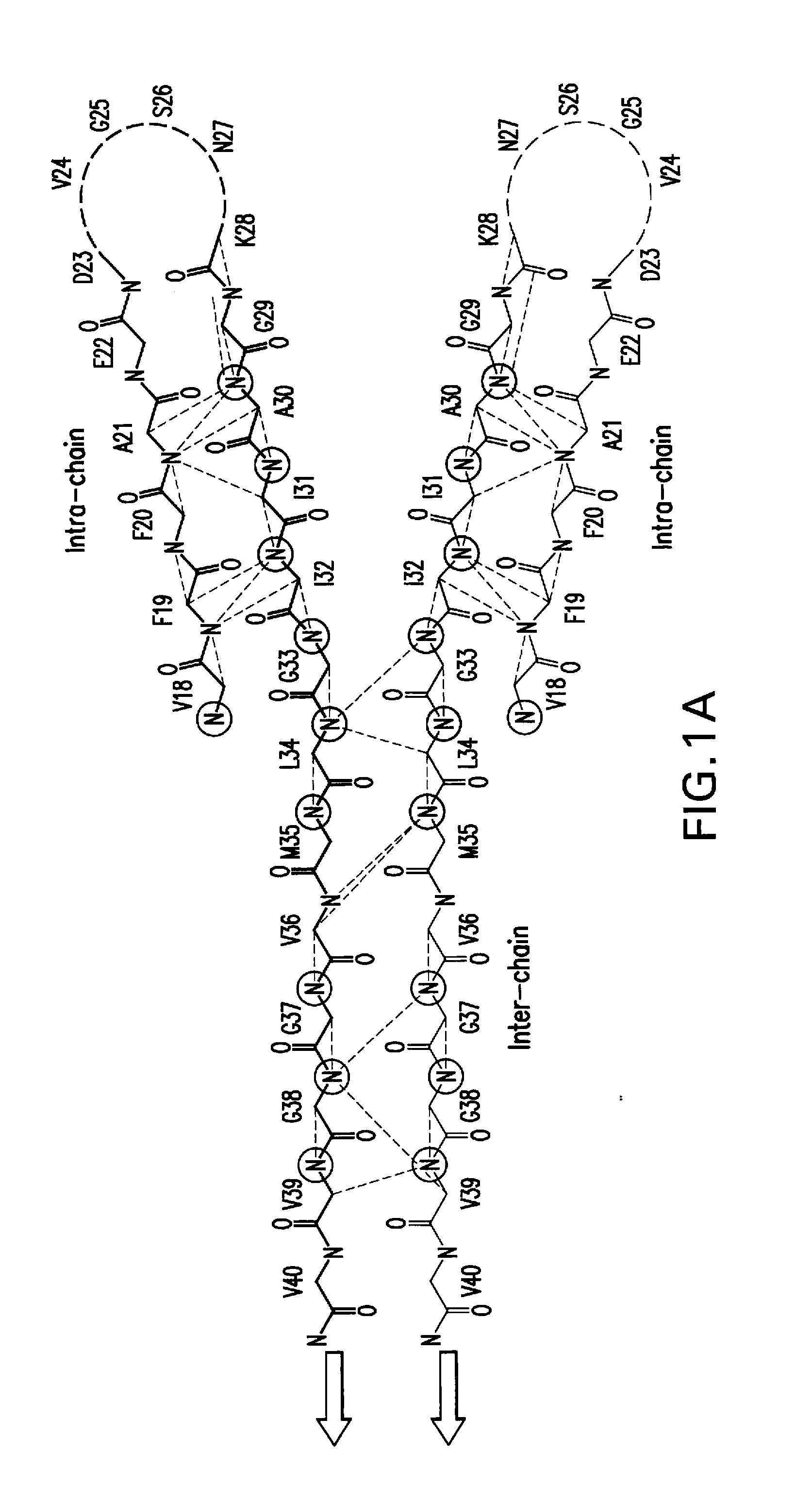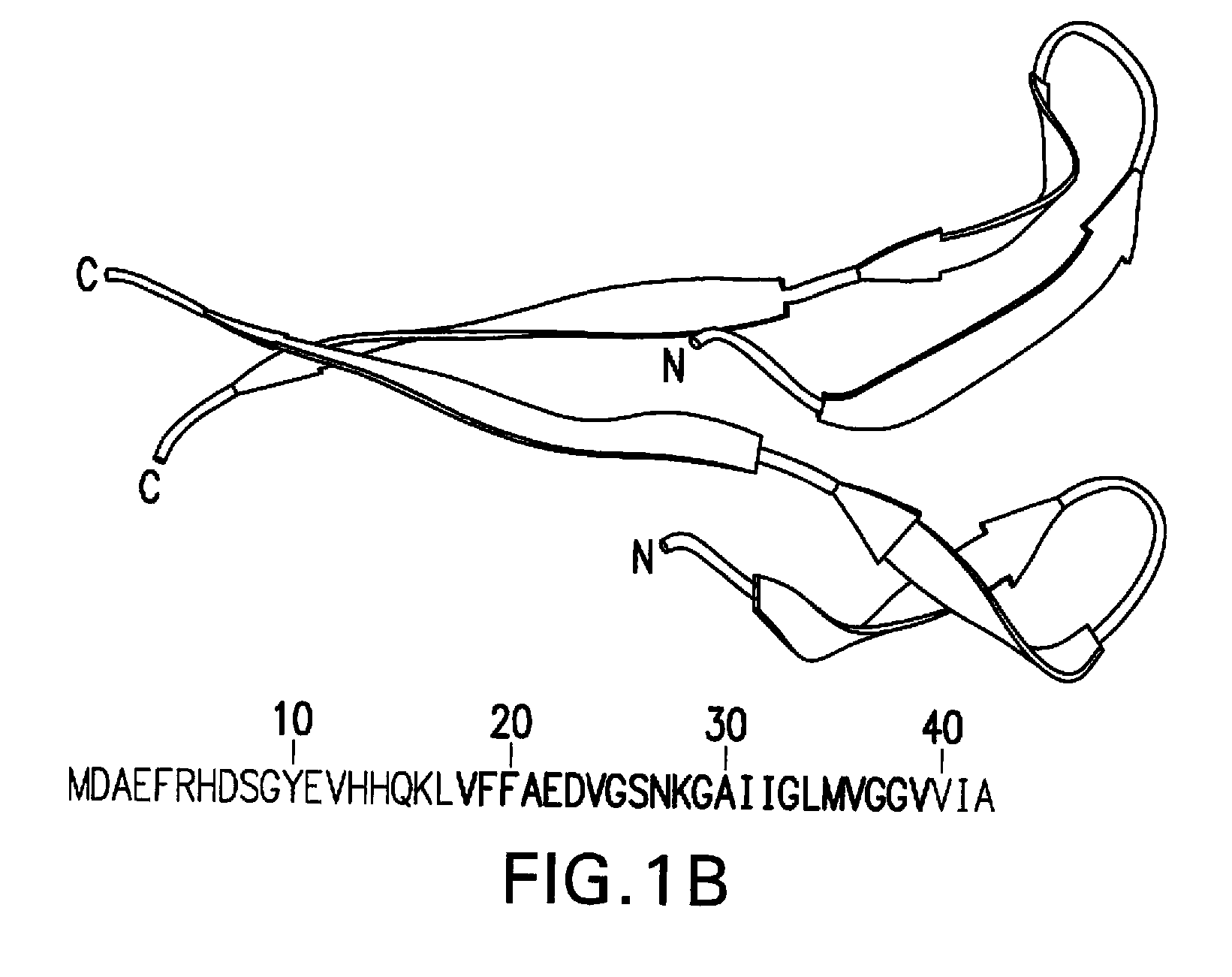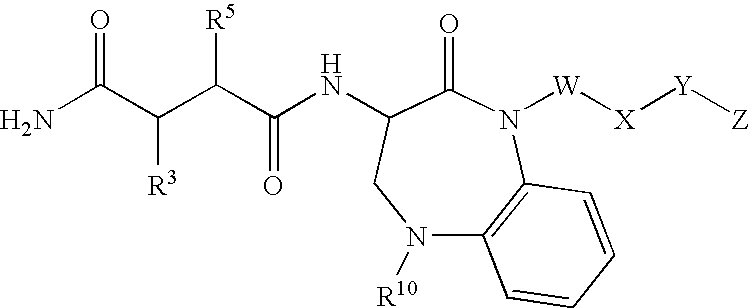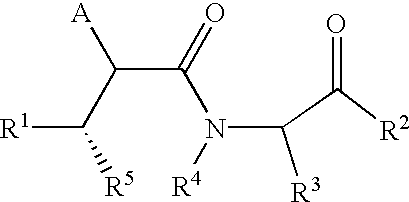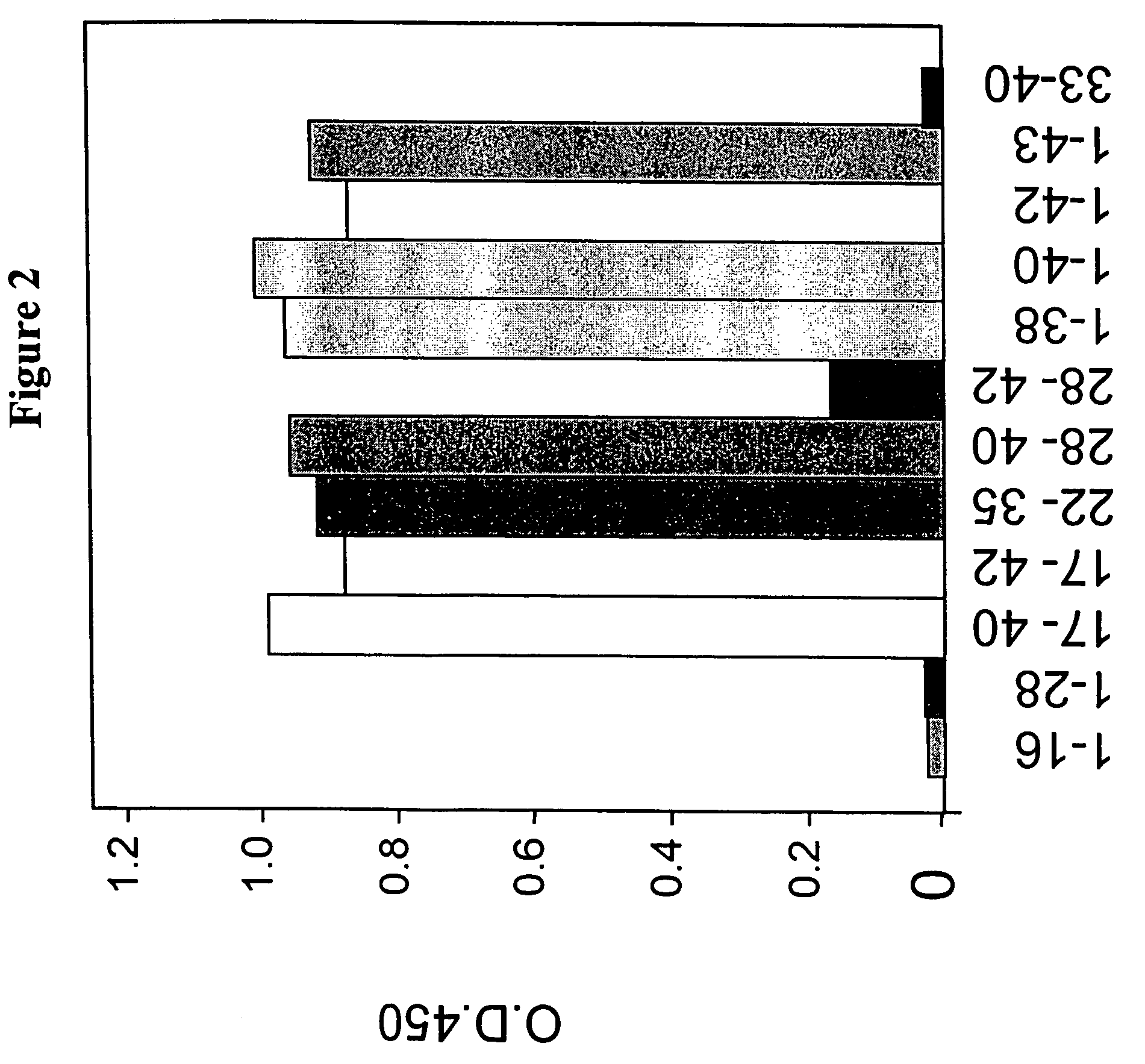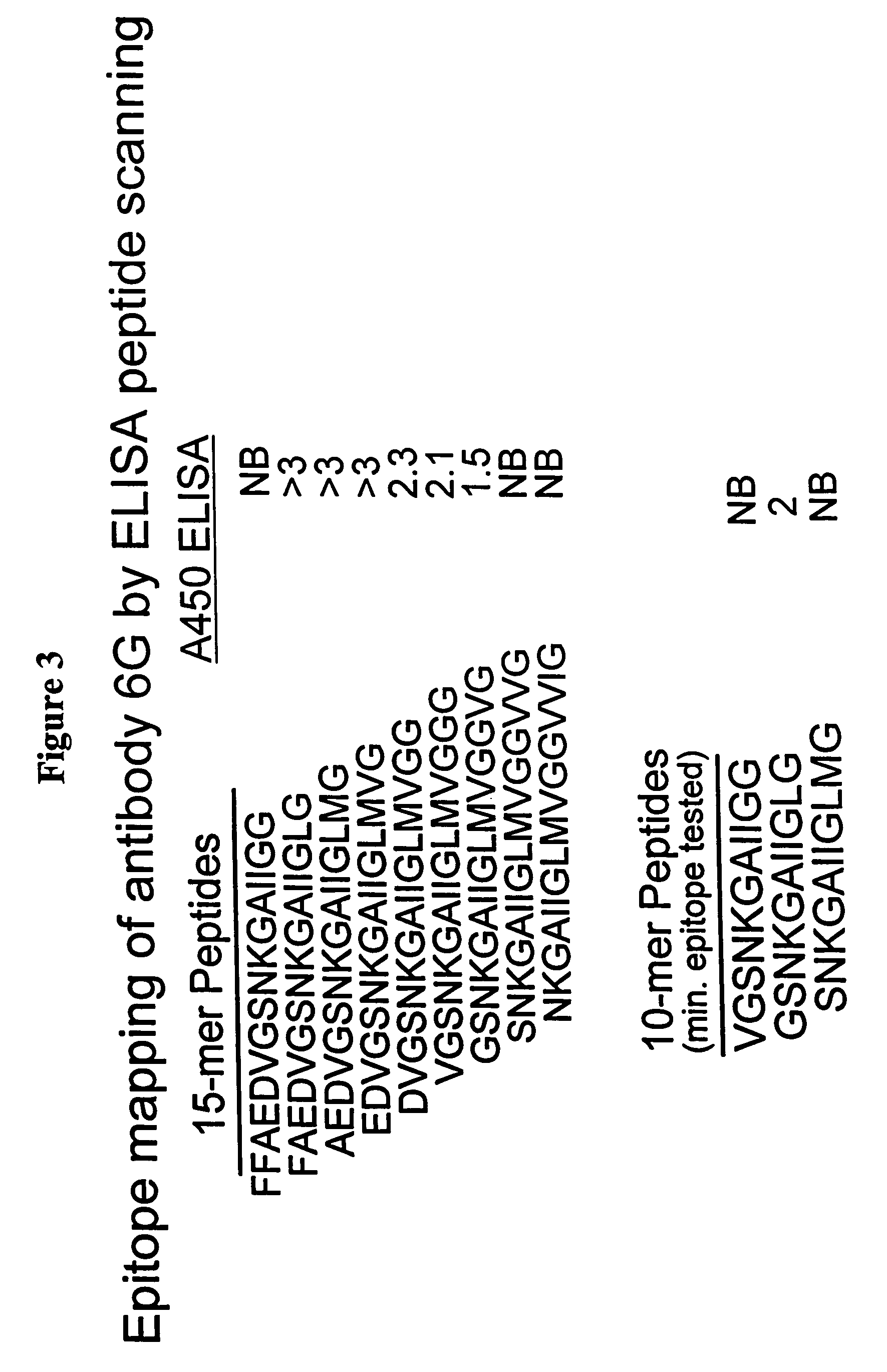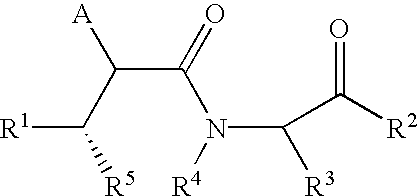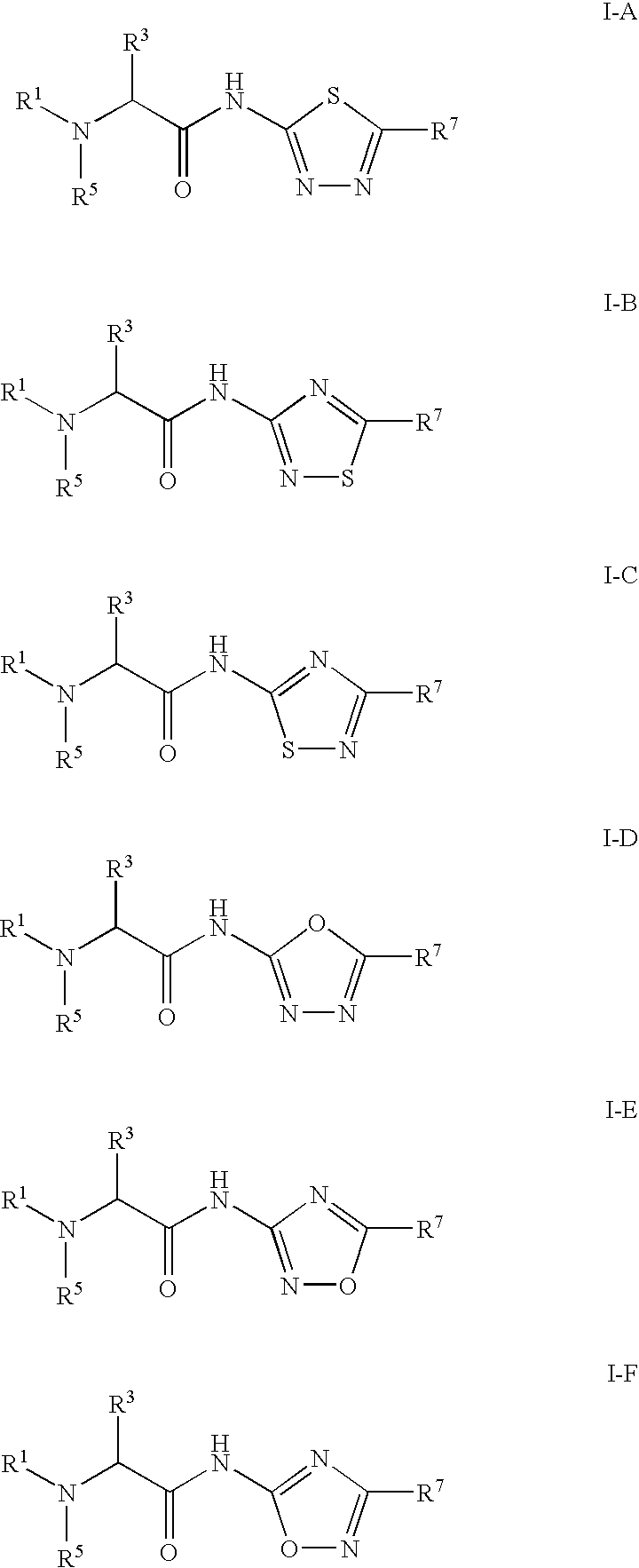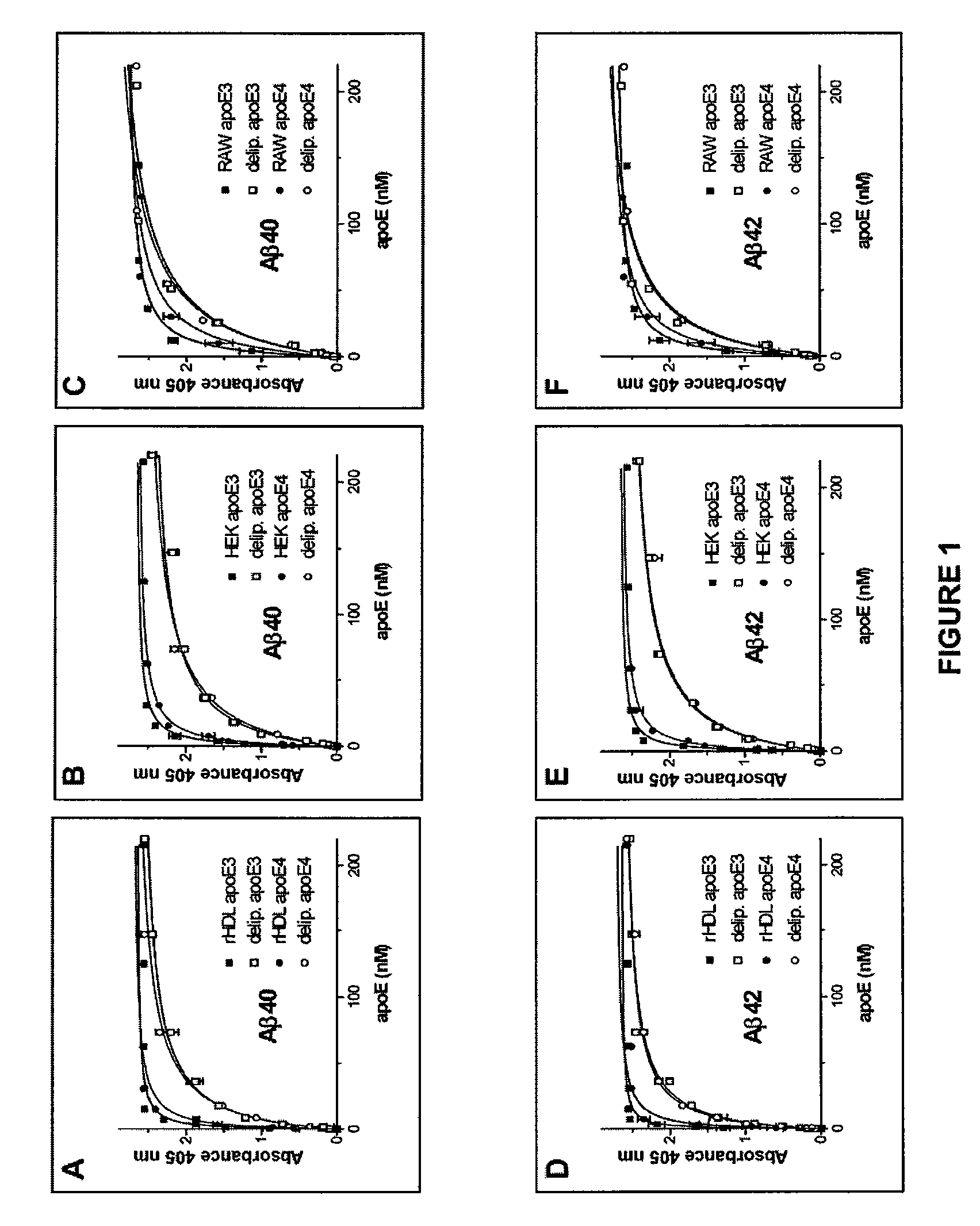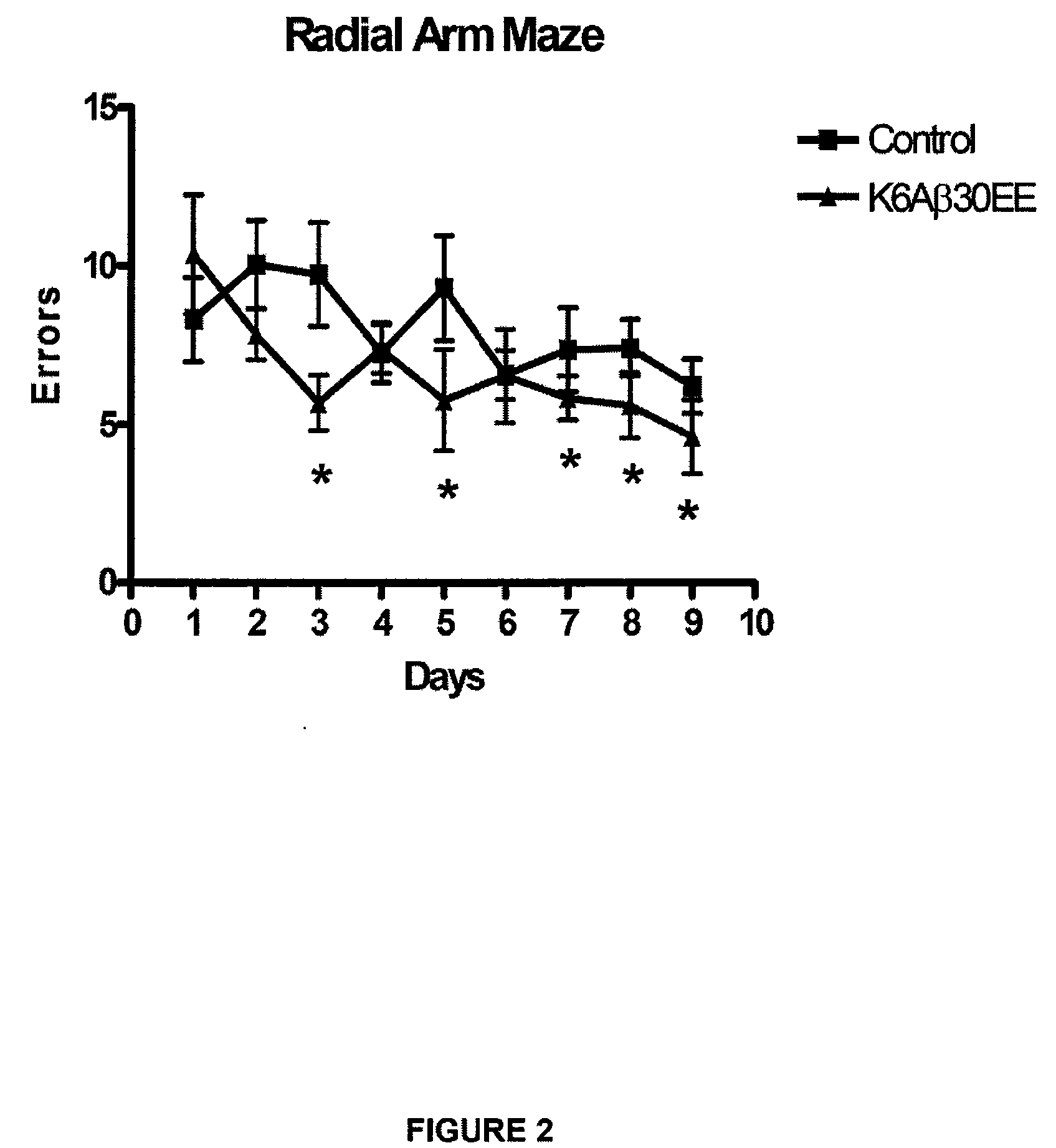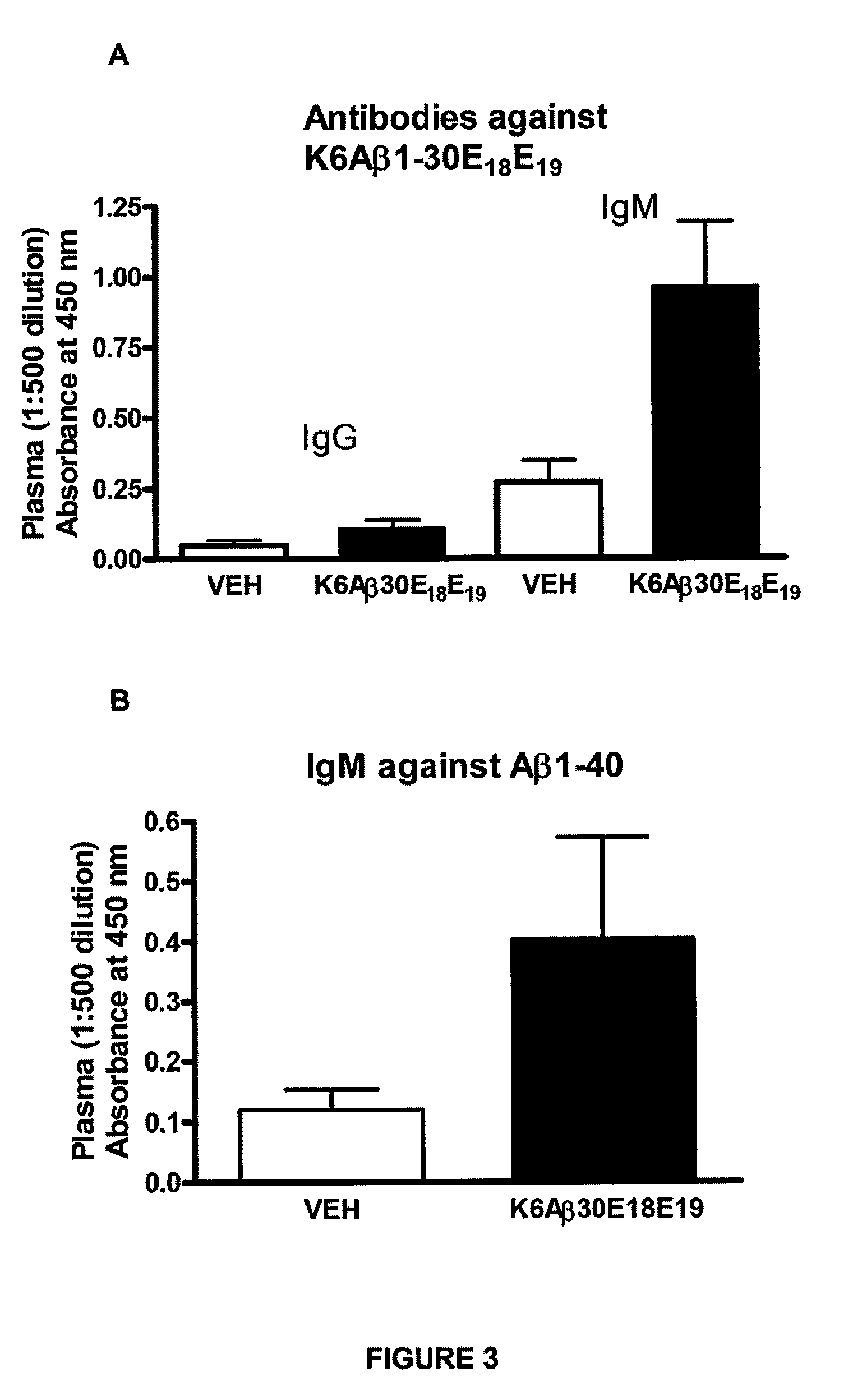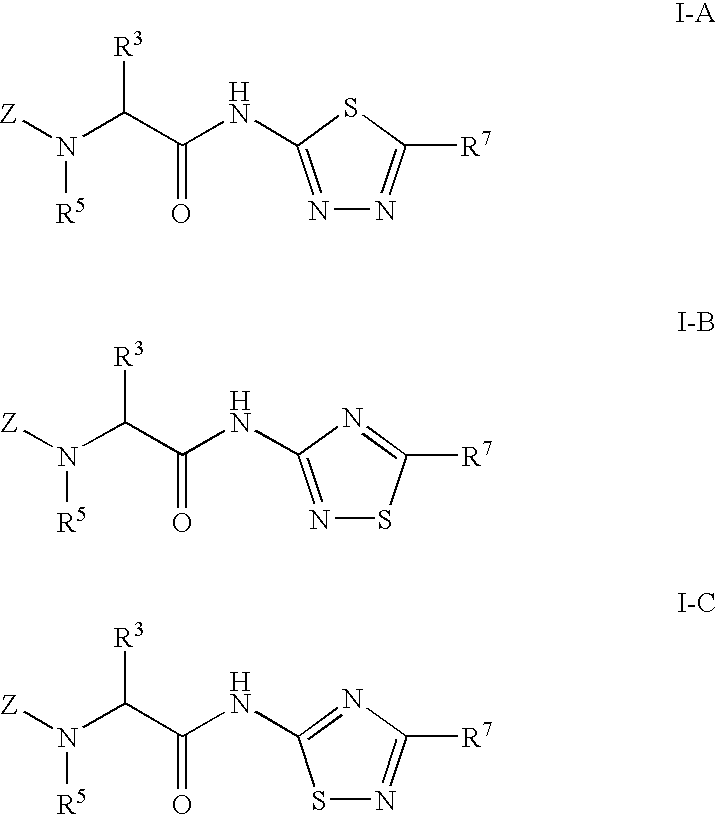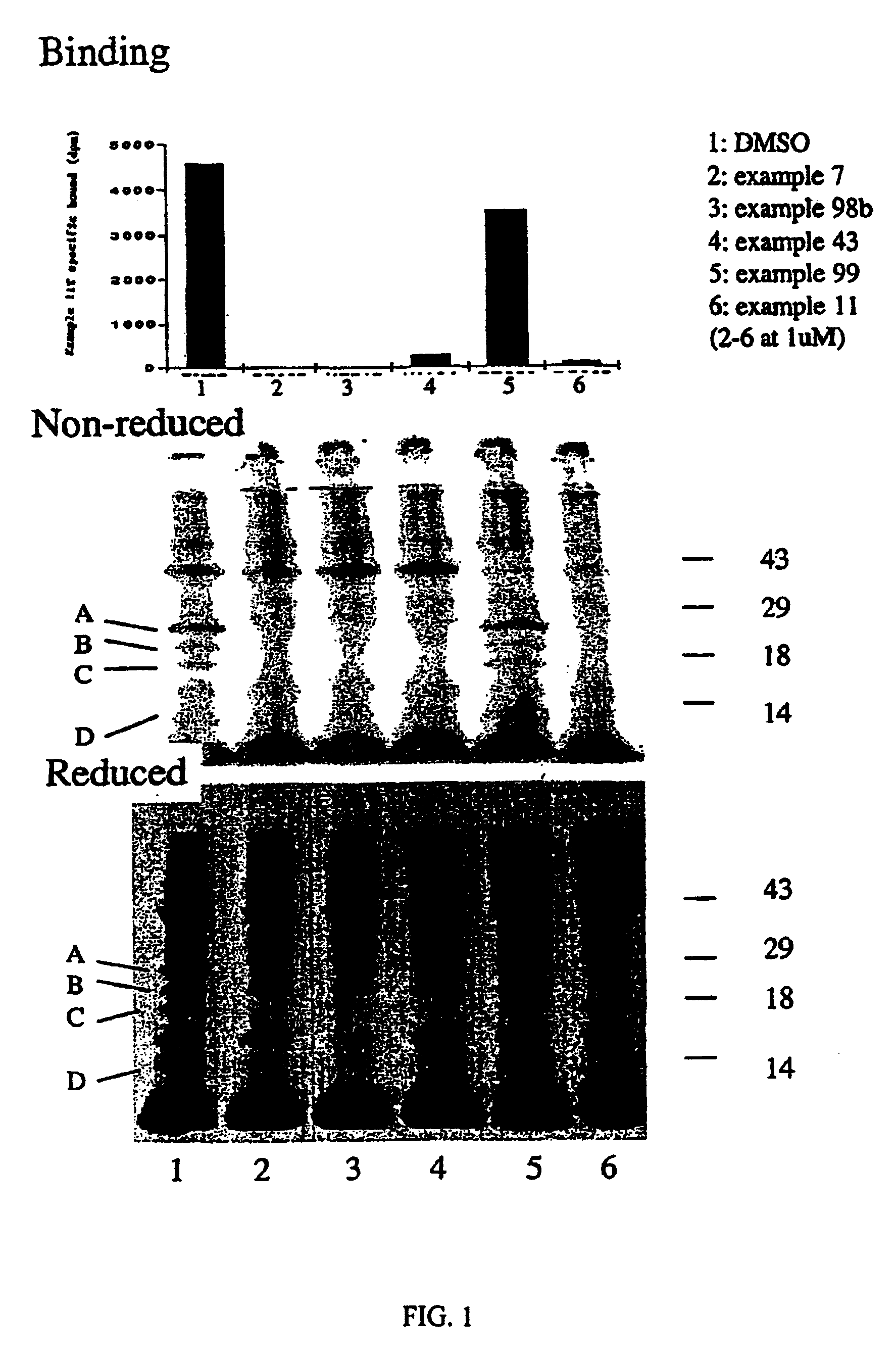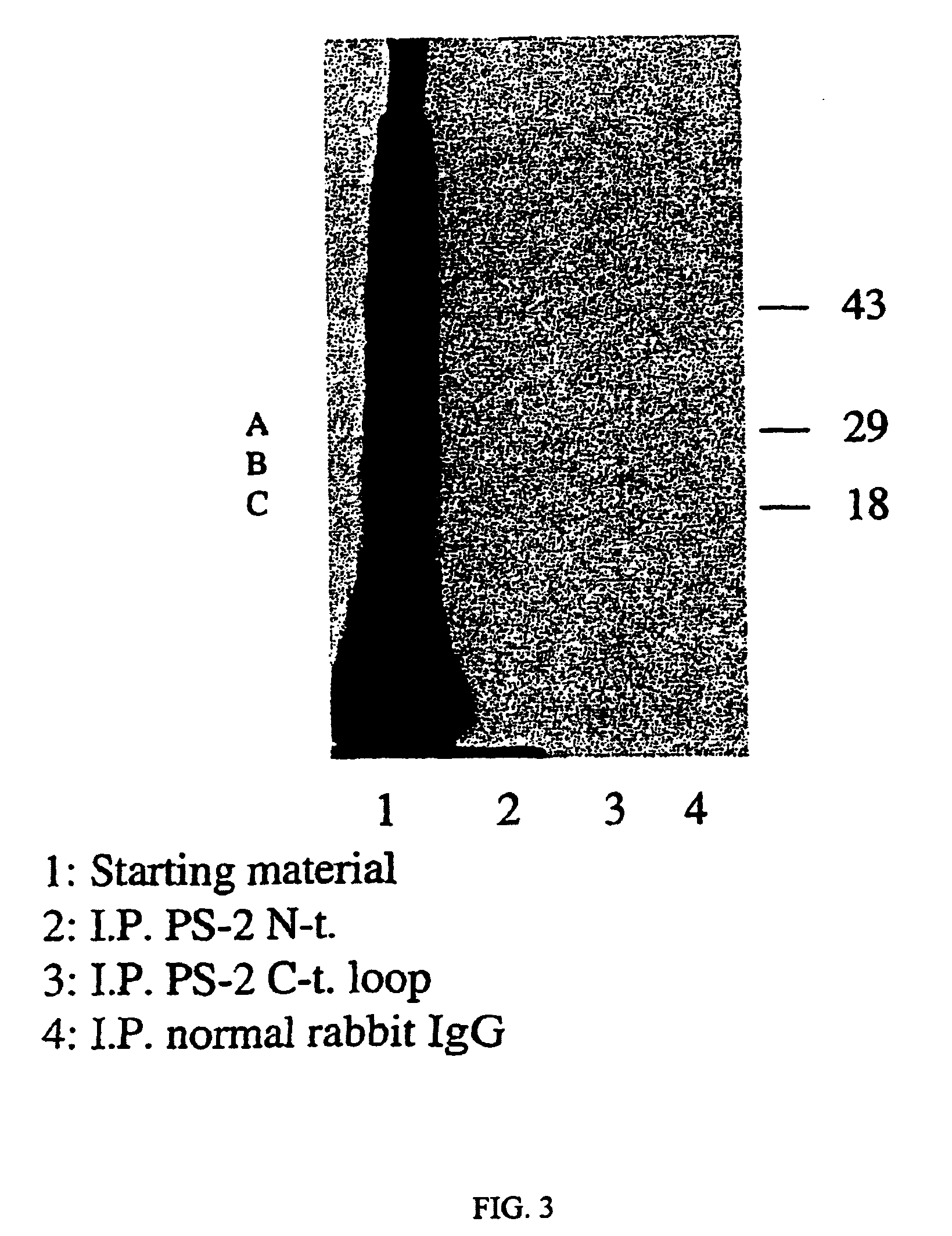Patents
Literature
Hiro is an intelligent assistant for R&D personnel, combined with Patent DNA, to facilitate innovative research.
133 results about "Aβ peptide" patented technology
Efficacy Topic
Property
Owner
Technical Advancement
Application Domain
Technology Topic
Technology Field Word
Patent Country/Region
Patent Type
Patent Status
Application Year
Inventor
Humanized antibodies that sequester abeta peptide
A method to treat conditions characterized by formation of amyloid plaques both prophylactically and therapeutically is described. The method employs humanized antibodies which sequester soluble Aβ peptide from human biological fluids or which preferably specifically bind an epitope contained within position 13–28 of the amyloid beta peptide Aβ.
Owner:ELI LILLY & CO +1
Method for treating amyloid disease
InactiveUS20070010435A1Reduce the burden onEasy to transportBiocideOrganic active ingredientsAmyloid betaPlasma Exchanges
Disclosed herein are methods for treating amyloid disease in humans by clearing amyloid peptides from one or more bodily fluids such as, e.g., blood, of a patient. In particular, the methods are based on the administration capable of binding to amyloid-beta (Aβ) or on dialysis of blood or plasma exchange in order to remove Aβ peptides from the blood circulation, and / or brain or other affected organs.
Owner:NEW YORK UNIVERSITY
A-beta immunogenic peptide carrier conjugates and methods of producing same
InactiveUS20080145373A1Nervous disorderNervous system antigen ingredientsImmunogenicityImmunogenic peptide
Owner:JANSSEN SCI IRELAND UC +1
Succinoylamino benzodiazepines as inhibitors of Aβ protein production
Owner:BRISTOL MYERS SQUIBB PHARMA CO
Beta immunogenic peptide carrier conjugates and methods of producing same
InactiveUS20070161088A1Reserved functionNervous disorderPeptide/protein ingredientsImmunogenicityImmunogenic peptide
The present invention is directed to methods of producing conjugates of Aβ peptide immunogens with protein / polypeptide carrier molecules, which are useful as immunogens, wherein peptide immunogens are conjugated to protein carriers via activated functional groups on amino acid residues of the carrier or of the optionally attached linker molecule, and wherein any unconjugated reactive functional groups on amino acid residues are inactivated via capping, thus retaining the immunological functionality of the carrier molecule, but reducing the propensity for undesirable reactions that could render the conjugate less safe or effective. Furthermore, the invention also relates to such immunogenic products and immunogenic compositions containing such immunogenic products made by such methods.
Owner:JANSSEN SCI IRELAND UC +1
Anti-abeta antibody
This present invention provides a composition that is suitable for administration to a human subject comprising an anti-Aβ antibody that is free of Aβ peptide or that has acceptably low levels thereof, free of non-human Aβ peptide or that has acceptably low levels thereof, or having an undetectable concentration of Aβ peptide.
Owner:ELI LILLY & CO
Antibodies directed against amyloid-beta peptide and methods using same
Monoclonal antibody 9TL and antibodies derived from 9TL directed against amyloid-beta peptide and methods of using same for diagnosing and treatment of Alzheimer's disease and Aβ peptide associated diseases are described. Methods of using antibodies directed against amyloid-beta peptide having impaired effector function for treatment of Alzheimer's disease and Aβ peptide associated diseases are also described.
Owner:RINAT NEUROSCI CORP
Use of 1-aminocyclohexane derivatives to modify deposition of fibrillogenic a-beta peptides in amyloidopathies
InactiveUS20050113458A1Reduce riskSlow onsetBiocideNervous disorderNR1 NMDA receptorGreek letter beta
The invention relates to the use of NMDA receptor antagonists such as 1-aminocyclohexane derivatives to modify deposition of potentially toxic and fibrillogenic Aβ peptides in amyloidopathies. Specifically, the invention relates to the ability of memantine to intervene in the processing of APP and decrease the levels of fibrillogenic Aβ peptides.
Owner:FOREST LAB HLDG LTD
Aminoacetamide acyl guanidines as beta-secretase inhibitors
There is provided a series of substituted acyl guanidines of Formula (Ik) or a stereoisomer; or a pharmaceutically acceptable salt thereof, wherein R2, R3, R4, R5, R25, R26 and R27 as defined herein, their pharmaceutical compositions and methods of use. These compounds inhibit the processing of amyloid precursor protein (APP) by β-secretase and, more specifically, inhibit the production of Aβ-peptide. The present disclosure is directed to compounds useful in the treatment of neurological disorders related to β-amyloid production, such as Alzheimer's disease and other conditions affected by anti-amyloid activity.
Owner:BRISTOL MYERS SQUIBB CO
Receptor for amyloid beta and uses thereof
Compositions and methods for identifying modulators of sortilin are described. The methods are particularly useful for identifying analytes that antagonize sortilin s effect on processing of amyloid precursor protein to Aβ peptide and thus useful for identifying analytes that can be used for treating Alzheimer disease.
Owner:MERCK SHARP & DOHME CORP
Prevention and treatment of amyloidgenic disease
InactiveUS7964192B1Nervous disorderPeptide/protein ingredientsTherapeutic treatmentAmyloid deposition
Owner:JANSSEN ALZHEIMER IMMUNOTHERAPY
Use Of Anti-AB Antibody To Treat Traumatic Brain Injury
InactiveUS20090074775A1Effective treatmentLow toxicityNervous disorderImmunoglobulins against animals/humansMammalTraumatic brain injury
A method of effectively treating traumatic brain injury is described. The method comprises administering an effective amount of an anti-Aβ antibody to a living mammalian biosystem such as to a human. An antibody useful in such treating includes an antibody that therapeutically attenuates the toxic effects of the Aβ peptide in a living mammal in relation to traumatic brain injury.
Owner:HOLTZMAN DAVID MICHAEL +1
Prevention and treatment of amyloidogenic disease
InactiveUS20050191292A1Organic active ingredientsPeptide/protein ingredientsTherapeutic treatmentAβ peptide
The invention provides compositions and methods for treatment of amyloidogenic diseases. Such methods entail administering an agent that induces a beneficial immune response against an amyloid deposit in the patient. The methods are particularly useful for prophylactic and therapeutic treatment of Alzheimer's disease. In such methods, a suitable agent is Aβ peptide, active fragments thereof or an antibody thereto.
Owner:JANSSEN ALZHEIMER IMMUNOTHERAPY
Novel phenylcarboxyamides as beta-secretase inhibitors
There is provided a series of novel phenylcarboxyamides of Formula (I) or a stereoisomer; or a pharmaceutically acceptable salt thereof, wherein R1, R2, R3, X and Y as defined herein, their pharmaceutical compositions and methods of use. These novel compounds inhibit the processing of amyloid precursor protein (APP) by β-secretase and, more specifically, inhibit the production of Aβ-peptide. The present disclosure is directed to compounds useful in the treatment of neurological disorders related to β-amyloid production, such as Alzheimer's disease and other conditions affected by anti-amyloid activity.
Owner:BRISTOL MYERS SQUIBB CO
LACTAMS SUBSTITUTED BY CYCLIC SUCCINATES AS INHIBITORS OF Abeta PROTEIN PRODUCTION
This invention relates to novel lactams having the Formula (I):to their pharmaceutical compositions and to their methods of use. These novel compounds inhibit the processing of amyloid precursor protein and, more specifically, inhibit the production of Aβ-peptide, thereby acting to prevent the formation of neurological deposits of amyloid protein. More particularly, the present invention relates to the treatment of neurological disorders related to β-amyloid production such as Alzheimer's disease and Down's Syndrome.
Owner:BRISTOL MYERS SQUIBB PHARMA CO
Humanized antibodies that sequester abeta peptide
InactiveUS20060039906A1Good removal effectAvoid toxicityNervous disorderImmunoglobulins against animals/humansEpitopeAmyloid beta
A method to treat conditions characterized by formation of amyloid plaques both prophylactically and therapeutically is described. The method employs humanized antibodies which sequester soluble Aβ peptide from human biological fluids or which preferably specifically bind an epitope contained within position 13-28 of the amyloid beta peptide Aβ.
Owner:HOLTZMAN DAVID +5
Immunogenic peptide composition comprising measles virus Fprotein Thelper cell epitope (MUFThl-16) and N-terminus of β-amyloid peptide
InactiveUS6906169B2Increase the gapHigh cross reactivityNervous disorderPeptide/protein ingredientsFibrilDisease patient
The present invention relates to a composition comprsing a peptide immunogen useful for the prevention and treatment of Alzheimer's Disease. More particularly, the peptide immunogen comprises a main functional / regulatory site, an N-terminal fragment of Amyloid β (Aβ) peptide linked to a helper T cell epitope (Th) having multiple class II MHC binding motifs. The peptide immunogen elicit a site-directed immune response against the main functional / regulatory site of the Aβ peptide and generate antibodies, which are highly cross-reactive to the soluble Aβ1-42 peptide and the amyloid plaques formed in the brain of Alzheimer's Disease patients. The antibodies elicited being cross reactive to the soluble Aβ1-42 peptide, promote fibril disaggregation and inhibit fibrillar aggregation leading to immunoneutralization of the “soluble Aβ-derived toxins”; and being cross-reactive to the amyloid plaques, accelerate the clearance of these plaques from the brain. Thus, the composition of the invention comprising the peptide immunogen is useful for the prevention and treatment of Alzheimer's Disease.
Owner:UNITED NEUROSCIENCE LIMITED
Method for the prediction, diagnosis and differential diagnosis of Alzheimer's disease
InactiveUS20080057593A1Immunoglobulins against animals/humansDisease diagnosisDementia with Lewy bodiesAβ peptide
Methods are provided for the prediction, diagnosis and differential diagnosis of Alzheimer's disease. More particularly, a method is provided to determine whether a subject that does not show any clinical signs of Alzheimer's disease has a likelihood to develop Alzheimer's disease. Further a method is provided for the diagnosis of subjects suffering from Alzheimer's disease and / or for the differential diagnosis of subjects suffering from Alzheimer's disease versus subjects suffering from other dementias such as dementia with Lewy bodies. The methods are based on the determination of the ratio of specific Aβ peptides.
Owner:VANDERSTICHELE HUGO +4
Noveltreatment for neurological disorders
InactiveUS20100172919A1Lower protein levelLower Level RequirementsAntibacterial agentsBiocideAmyloid betaBiomarker (petroleum)
Provided are novel drugs and methods in the treatment as well as diagnosis of neurological disorders such as Alzheimer's disease and amyloid-beta pathology / amyloidosis. More specifically, the use of erythropoietin and analogs thereof for the treatment of Aβ peptide related brain impairments is described. Furthermore, the use of claudin-5 and variants thereof as biomarker for Alzheimer's disease and for the progression of Alzheimer's disease, respectively, is provided.
Owner:UNIV ZURICH
Imidazole compounds for the treatment of neurodegenerative disorders
ActiveUS7342118B2Good metabolic stabilityProlong half-life in vivoOrganic active ingredientsBiocideNeurological disorderAβ peptide
The present invention relates to compounds of the Formula Iwherein R1, R2, R3, R4, R6, R7 and A are as defined. Compounds of the Formula I have activity inhibiting production of Aβ-peptide. The invention also relates to pharmaceutical compositions and methods for treating diseases and disorders, for example, neurodegenerative and / or neurological disorders, e.g., Alzheimer's disease, in a mammal comprising compounds of the Formula I.
Owner:PFIZER INC
Amyloid ß peptide analogues, oligomers thereof, processes for preparing and composi-tions comprising said analogues or oligomers, and their uses
InactiveUS20110092445A1Easy to measureReversing cognitive defectsCompound screeningNervous disorderPassive ImmunizationsOligomer
The present invention relates to an amyloid β peptide analogues comprising an amino acid sequence or a peptidomimetic thereof, wherein the sequence (i) forms a loop, (ii) has at least 66% identity to the amino acid sequence of native Aβ peptide or a portion thereof, (iii) comprises at least 6 contiguous amino acid residues and (iv) has at least 2 non-contiguous amino acid residues which are covalently linked with each other, oligomers comprising a plurality of said amyloid β peptide analogues, processes for preparing the amyloid β peptide analogues or oligomers, compositions comprising the amyloid β peptide analogues or oligomers, and uses of the amyloid β peptide analogues or oligomers such as their use for treating or preventing an amyloidosis (e.g. by active immunization), for diagnosing an amyloidosis, and for providing agents that are capable of binding to the amyloid β peptide analogues or oligomers. The subject invention also describes agents that are capable of binding to the amyloid β peptide analogues or oligomers, e.g. antibodies, compositions comprising the agents, and uses of the agents such as their use for treating or preventing an amyloidosis (e.g. by passive immunization) and for diagnosing an amyloidosis.
Owner:ABBVIE DEUTSHLAND GMBH & CO KG +1
Tetrazolylpropionamides as inhibitors of Abeta protein production
This invention relates to novel tetrazolyl-propionamides in which the amide group comprises an aminoazepinone, and related structures, of Formula (I): or pharmaceutically acceptable salt or prodrug forms thereof, their pharmaceutical compositions and methods of use. These novel compounds inhibit the processing of amyloid precursor protein and, more specifically, inhibit the production of Aβ-peptide, thereby resulting in prevention and treatment of the neuropathology associated with production of Aβ-peptide. More particularly, the present invention relates to the treatment of neurological disorders related to β-amyloid production such as Alzheimer's disease.
Owner:BRISTOL MYERS SQUIBB CO
Benzo-1,4-diazepin-2-ones as inhibitors of Abeta protein production
Owner:BRISTOL MYERS SQUIBB CO
Antibodies directed against amyloid-beta peptide and nucleic acids encoding same
Owner:RINAT NEUROSCI CORP
Lactams substituted by cyclic succinates as inhibitors of A-β protein production
This invention relates to novel lactams having the Formula (I): to their pharmaceutical compositions and to their methods of use. These novel compounds inhibit the processing of amyloid precursor protein and, more specifically, inhibit the production of Aβ-peptide, thereby acting to prevent the formation of neurological deposits of amyloid protein. More particularly, the present invention relates to the treatment of neurological disorders related to β-amyloid production such as Alzheimer's disease and Down's Syndrome.
Owner:BRISTOL MYERS SQUIBB PHARMA CO
Thiadiazole-amine compounds for the treatment of neurodegenerative disorders
InactiveUS20050222219A1Improve bindingGood metabolic stabilityBiocideSenses disorderNeuro-degenerative diseaseThiadiazoles
The present invention relates to compounds of the Formula I wherein R1, R3, R5, R7, X, Y and U are as defined. Compounds of the Formula I have activity inhibiting production of Aβ-peptide. The invention also relates to pharmaceutical compositions and methods of treating diseases and disorders, for example, neurodegenerative and / or neurological disorders, e.g., Alzheimer's disease, in a mammal comprising compounds of the Formula I.
Owner:PFIZER INC
Method for treating amyloid disease
InactiveUS20090175853A1Reduce the burden onEasy to transportOrganic active ingredientsNervous disorderPlasma ExchangesBlood plasma
Disclosed herein are methods for treating amyloid disease in humans by clearing amyloid peptides from one or more bodily fluids such as, e.g. blood, of a patient. In particular, the methods are based on the administration of compounds capable of binding to amyloid-beta (Aβ) or on dialysis of blood or plasma exchange in order to remove Aβ peptides from the blood circulation, and / or brain or other affected organs.
Owner:NEW YORK UNIV
Compounds for the treatment of neurodegenerative disorders
InactiveUS7253195B2Ease of preparation and detectabilityGood metabolic stabilityBiocideNervous disorderAβ peptideStereochemistry
The present invention relates to compounds of the Formulawherein R3, R5, R7, U, X, Y and Z are as defined. Compounds of the Formula I have activity inhibiting production of Aβ-peptide. This invention also relates to pharmaceutical compositions and methods of treating diseases, for example, neurodegenerative diseases, e.g., Alzheimer's disease, in a mammal comprising compounds of the Formula I.
Owner:PFIZER INC
Use of small molecule radioligands to discover inhibitors of amyloid-beta peptide production and for diagnostic imaging
This invention relates to a novel method of screening for inhibitors of beta-amyloid production, and thereby identifying such inhibitors as therapeutics for neurological and other disorders involving APP processing and beta-amyloid production. This invention also relates to identifying macromolecules involved in APP processing and beta-amyloid production. Furthermore, inhibitors identified by the screening method of the present invention are useful in the treatment of neurological disorders, such as Alzheimer's disease, which involve elevated levels of Aβ peptides.
Owner:BRISTOL MYERS SQUIBB PHARMA CO
Features
- R&D
- Intellectual Property
- Life Sciences
- Materials
- Tech Scout
Why Patsnap Eureka
- Unparalleled Data Quality
- Higher Quality Content
- 60% Fewer Hallucinations
Social media
Patsnap Eureka Blog
Learn More Browse by: Latest US Patents, China's latest patents, Technical Efficacy Thesaurus, Application Domain, Technology Topic, Popular Technical Reports.
© 2025 PatSnap. All rights reserved.Legal|Privacy policy|Modern Slavery Act Transparency Statement|Sitemap|About US| Contact US: help@patsnap.com
